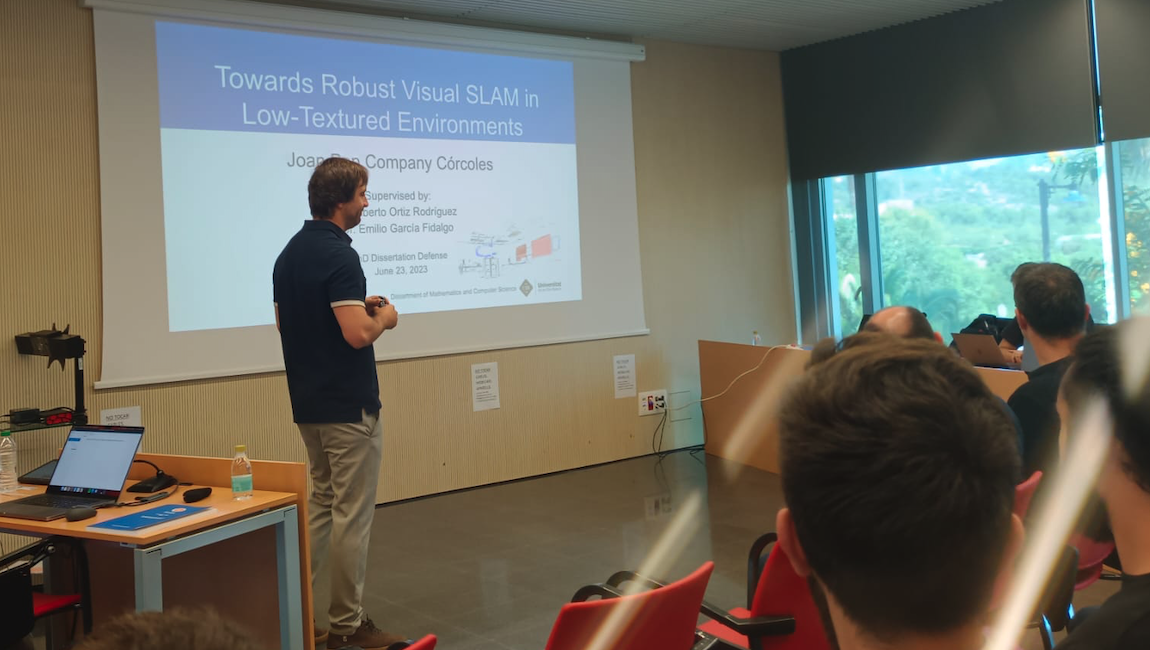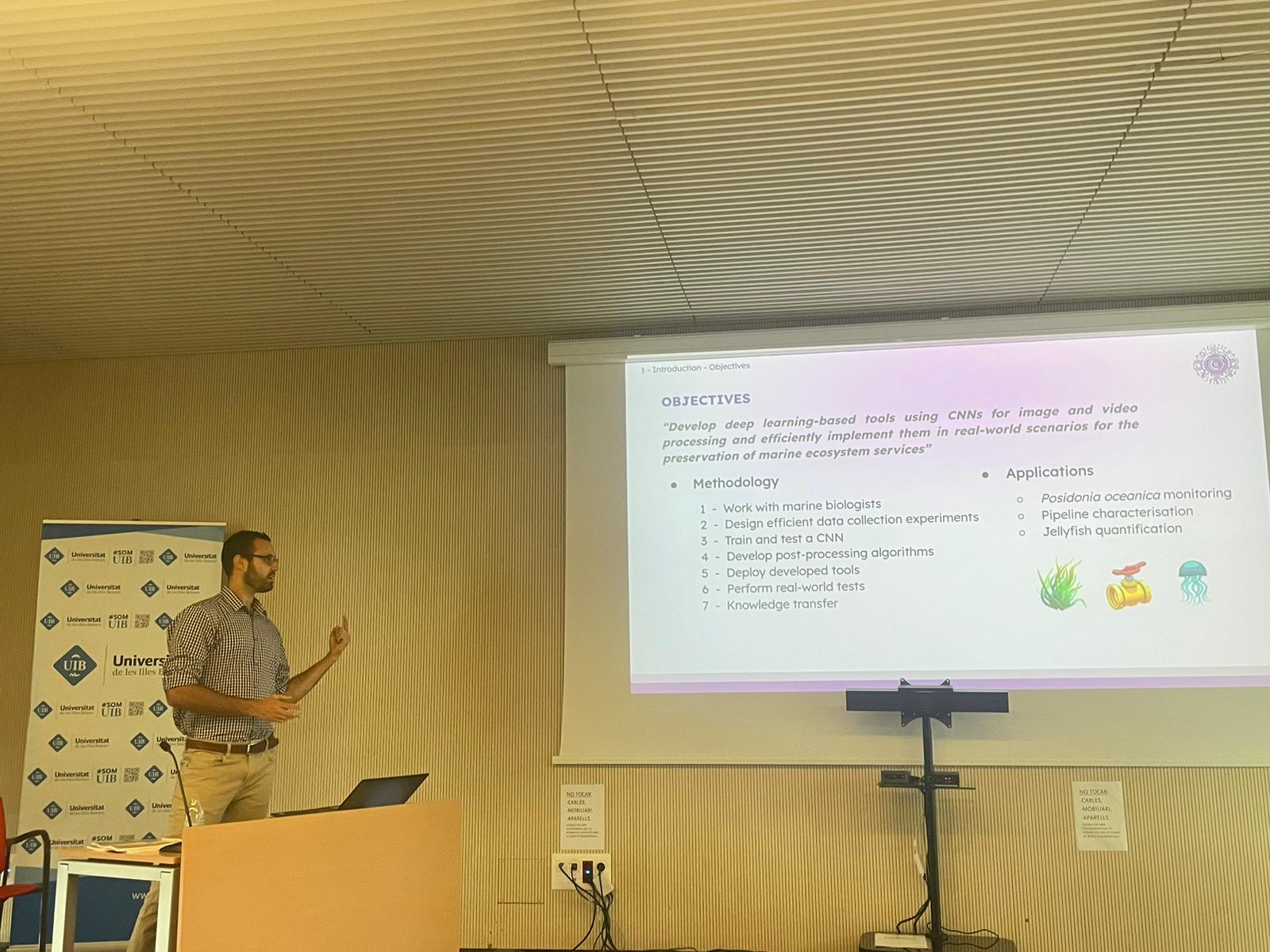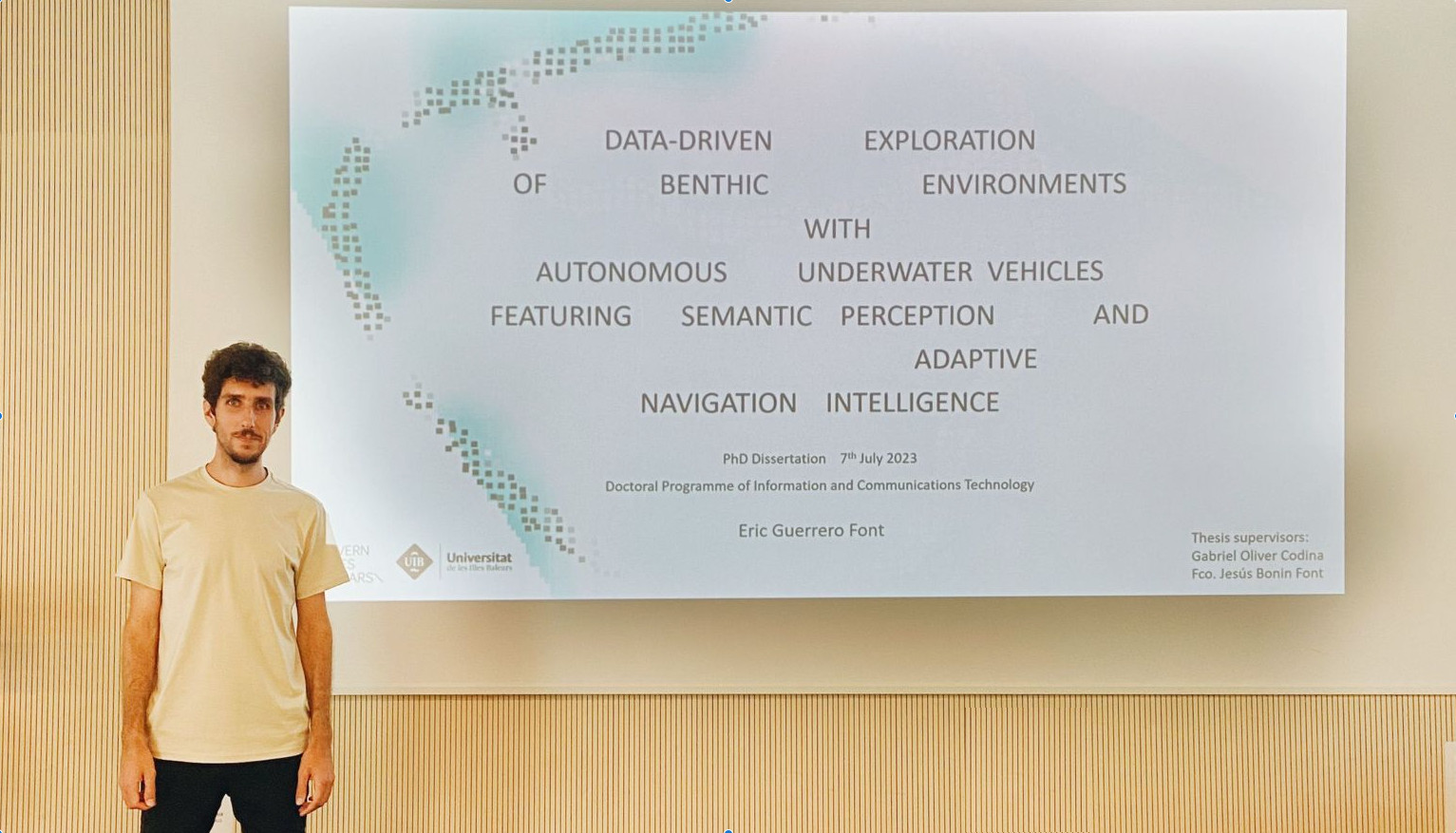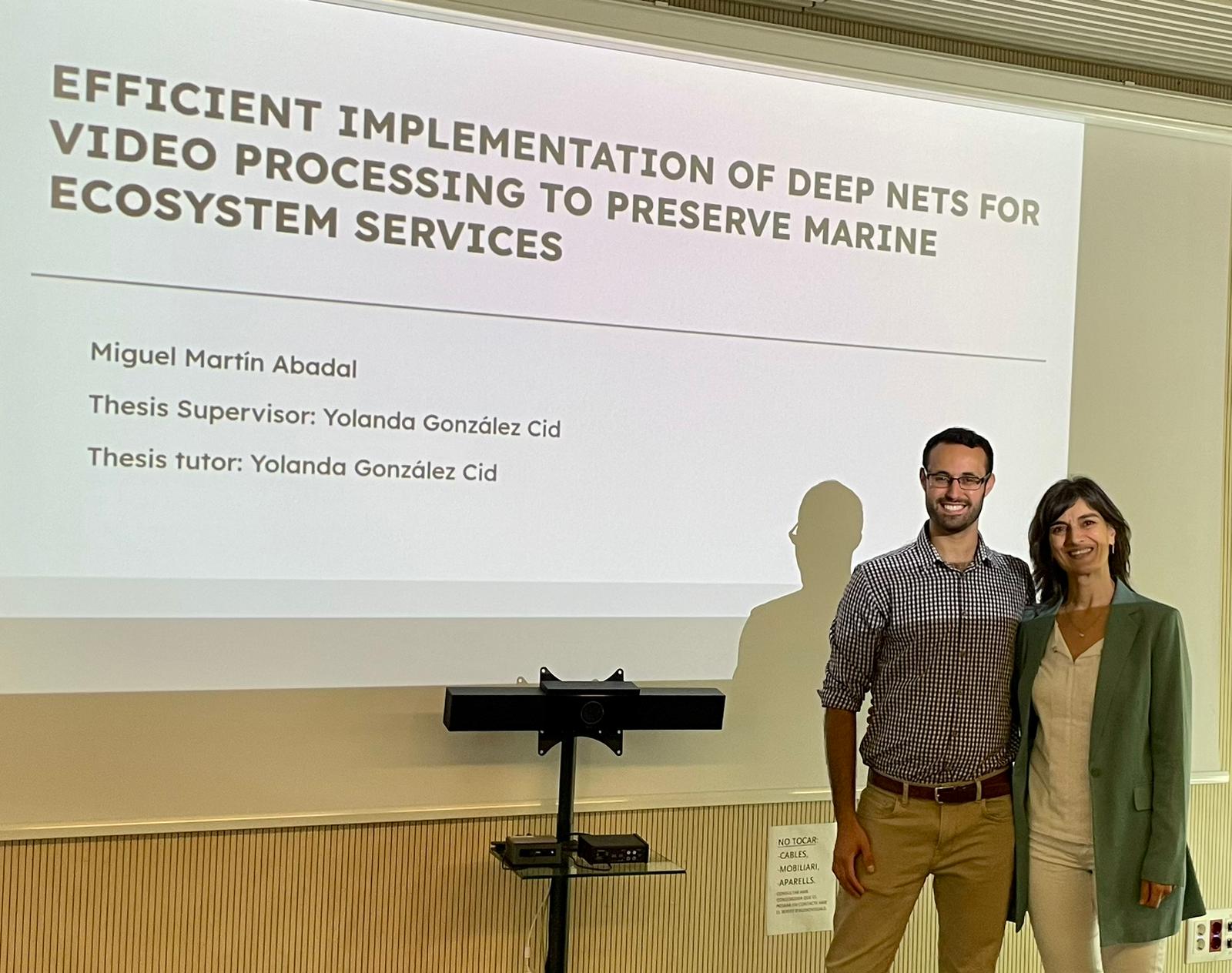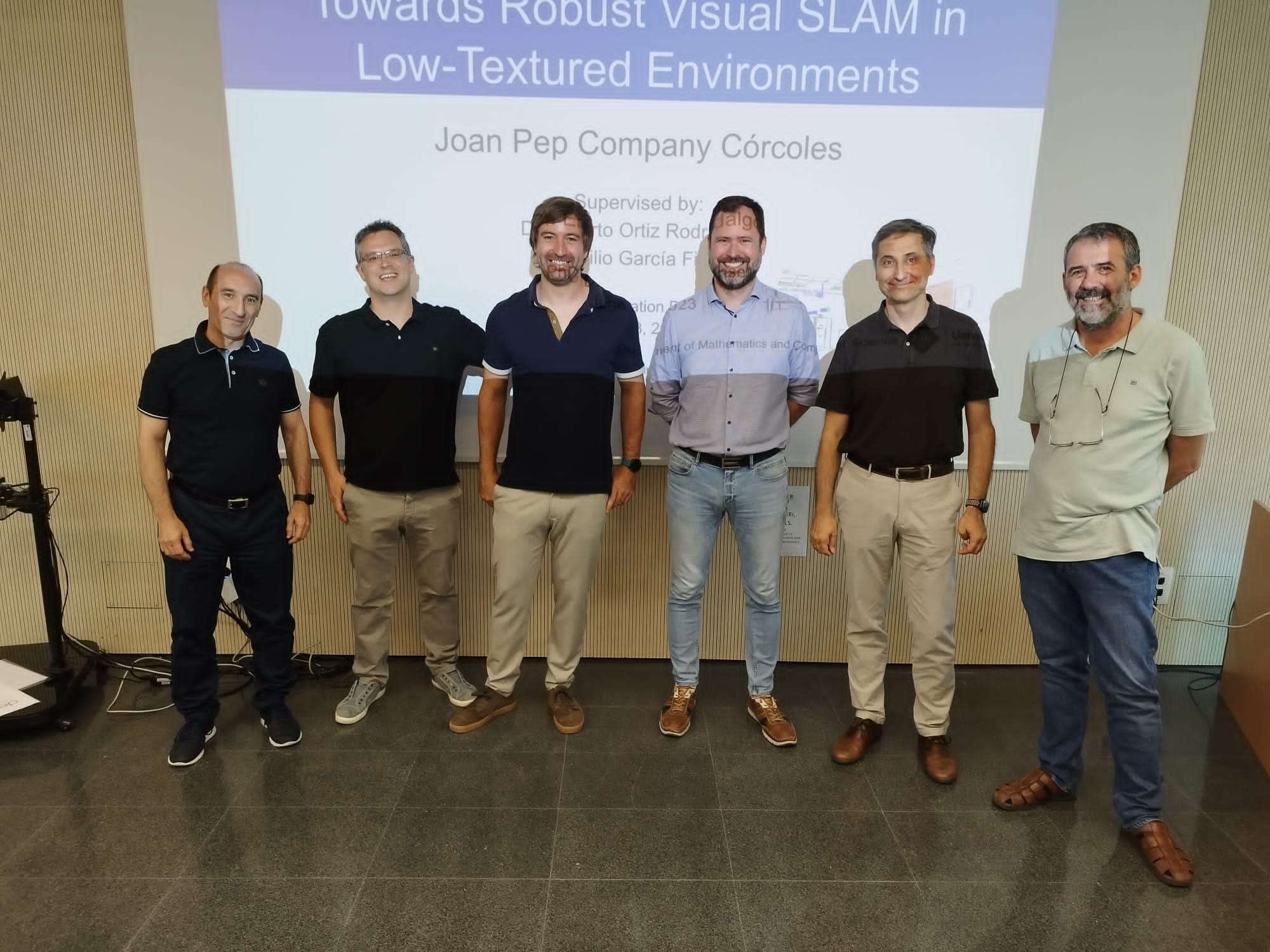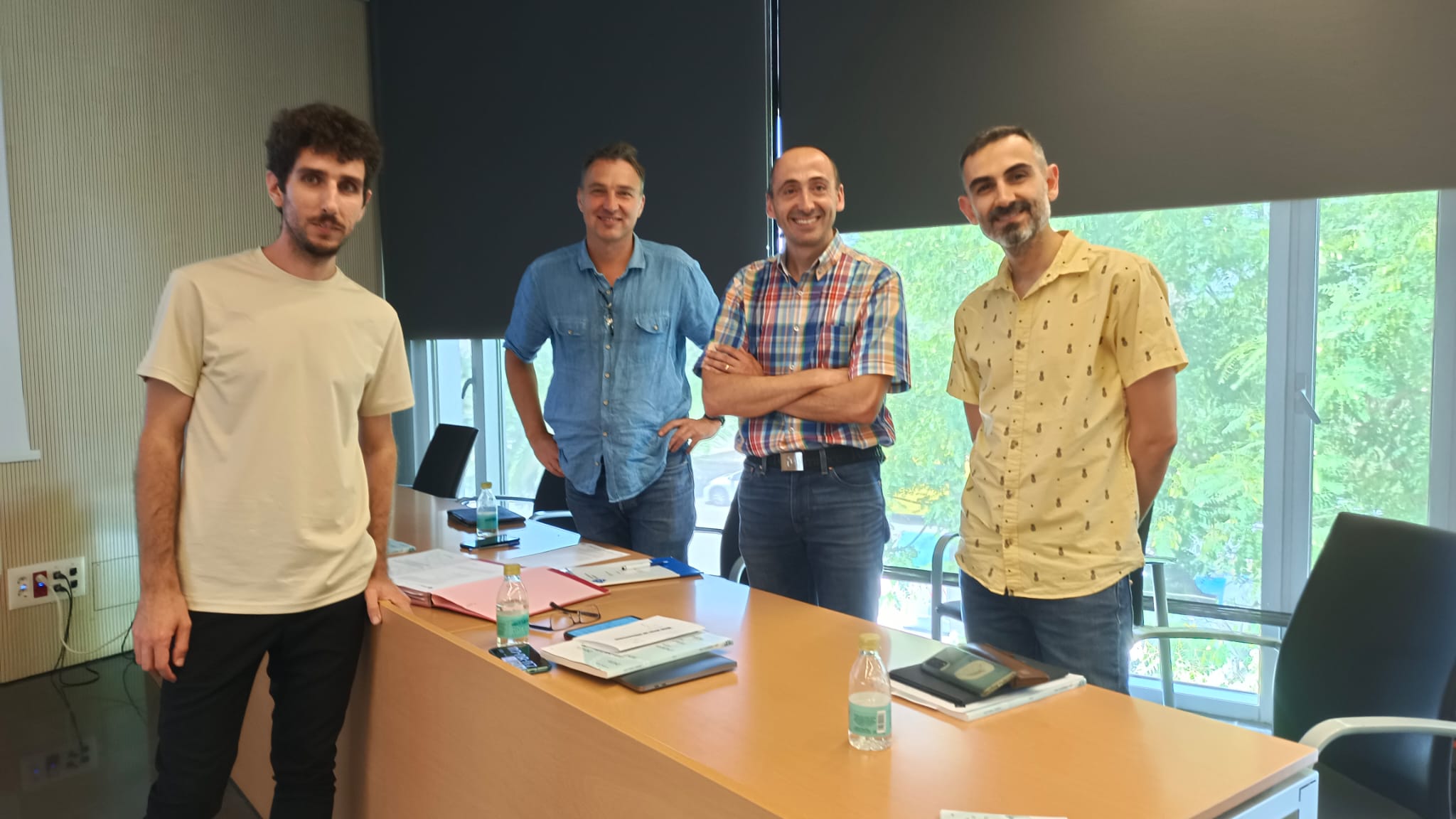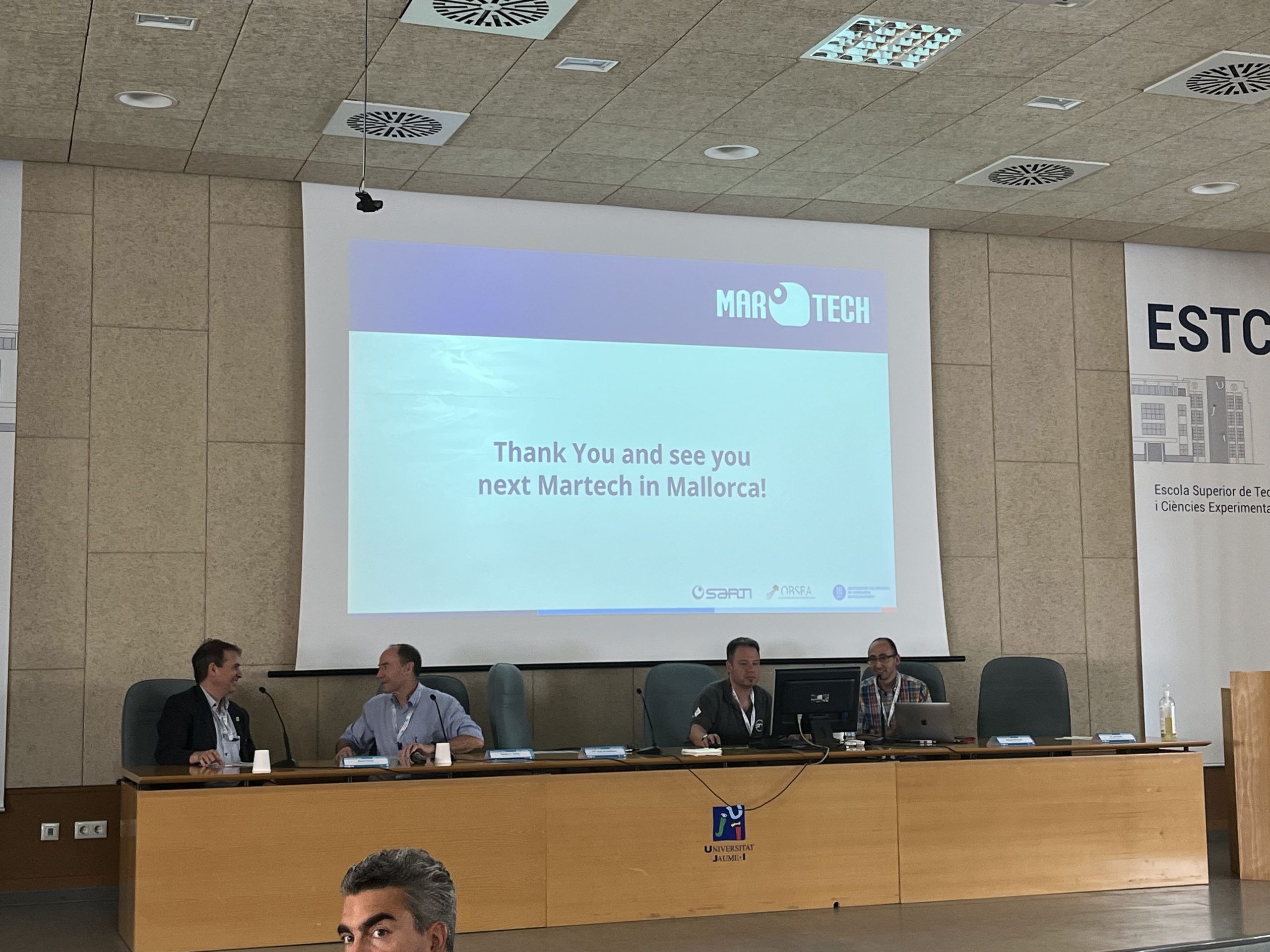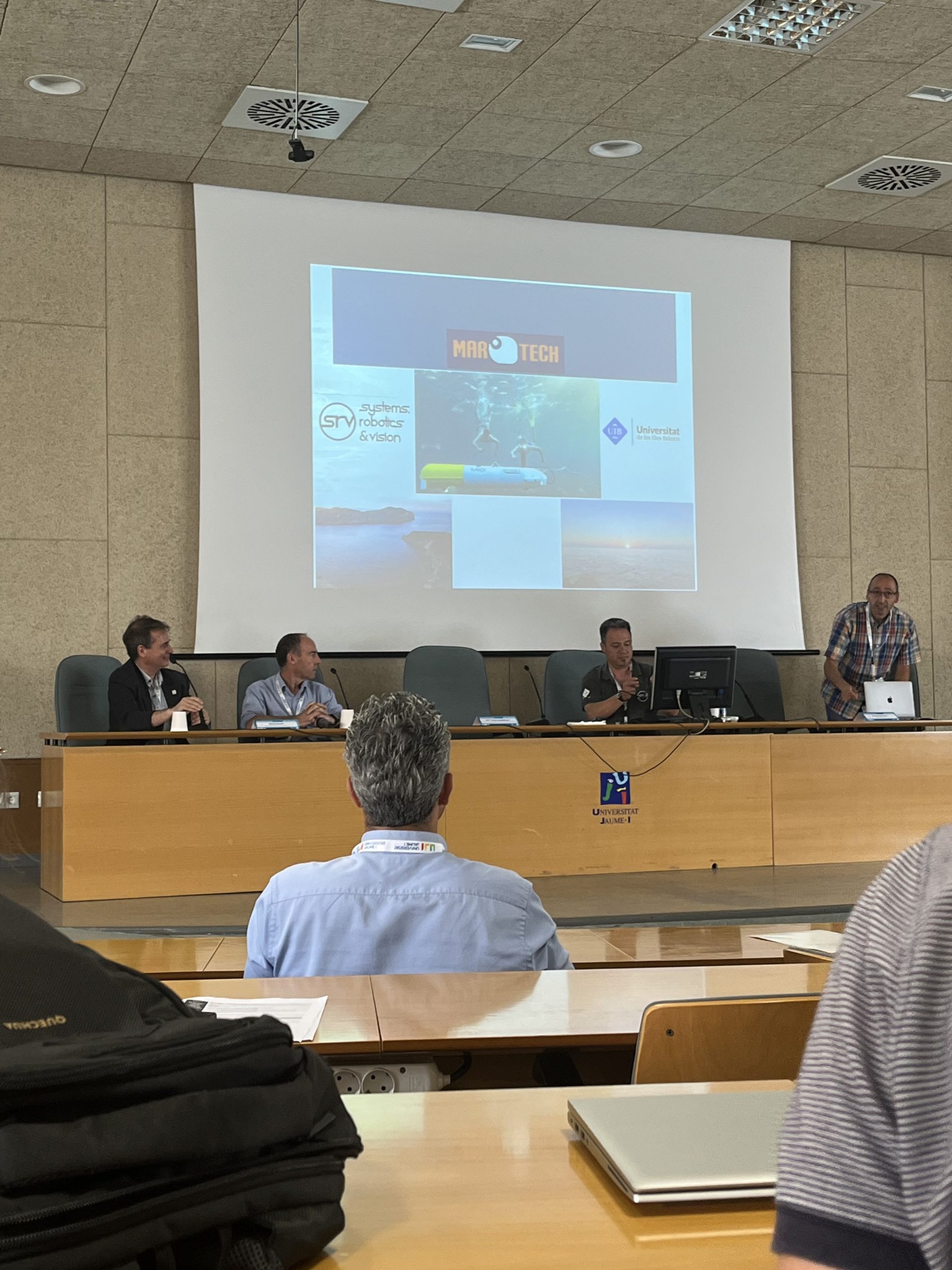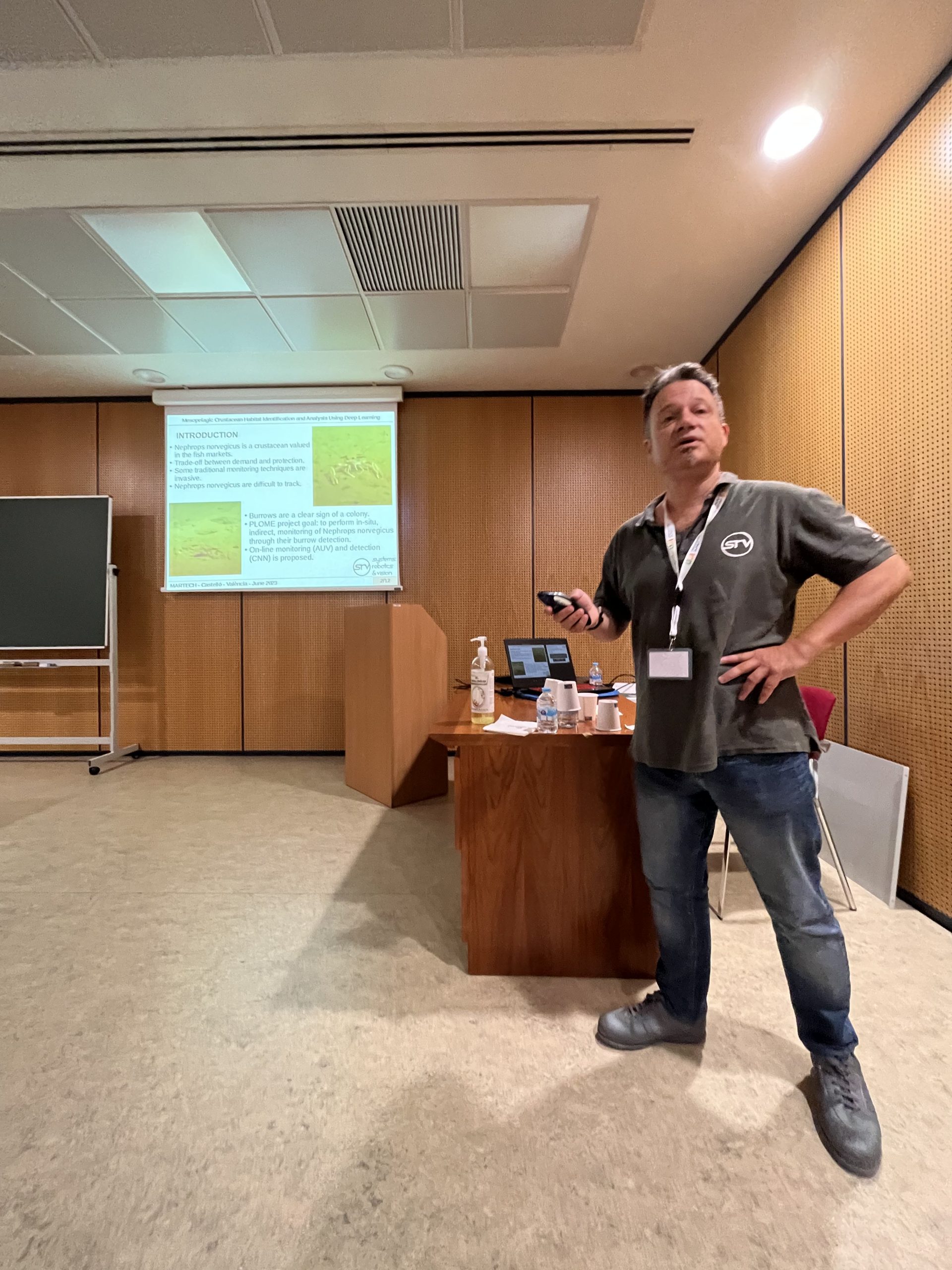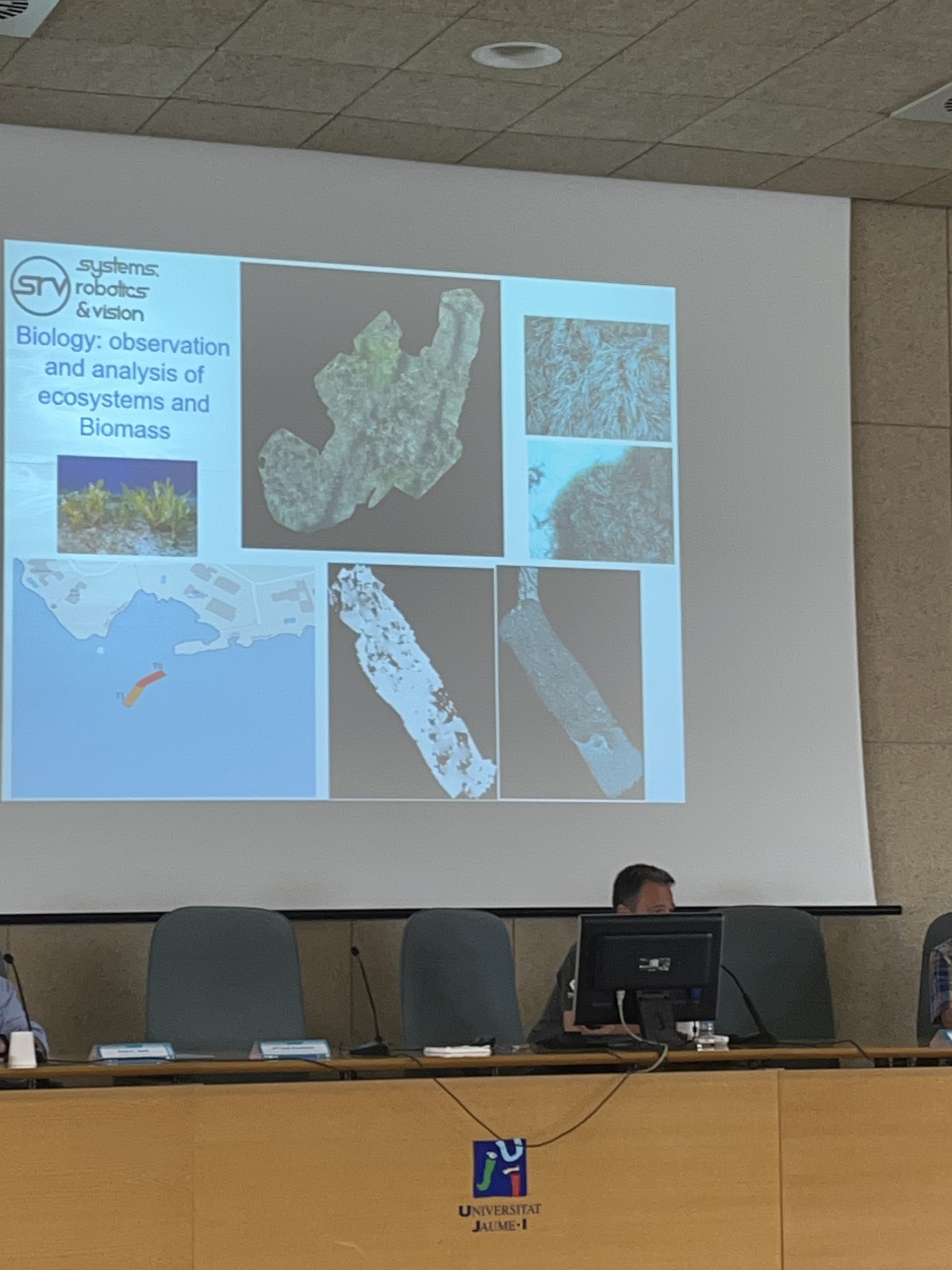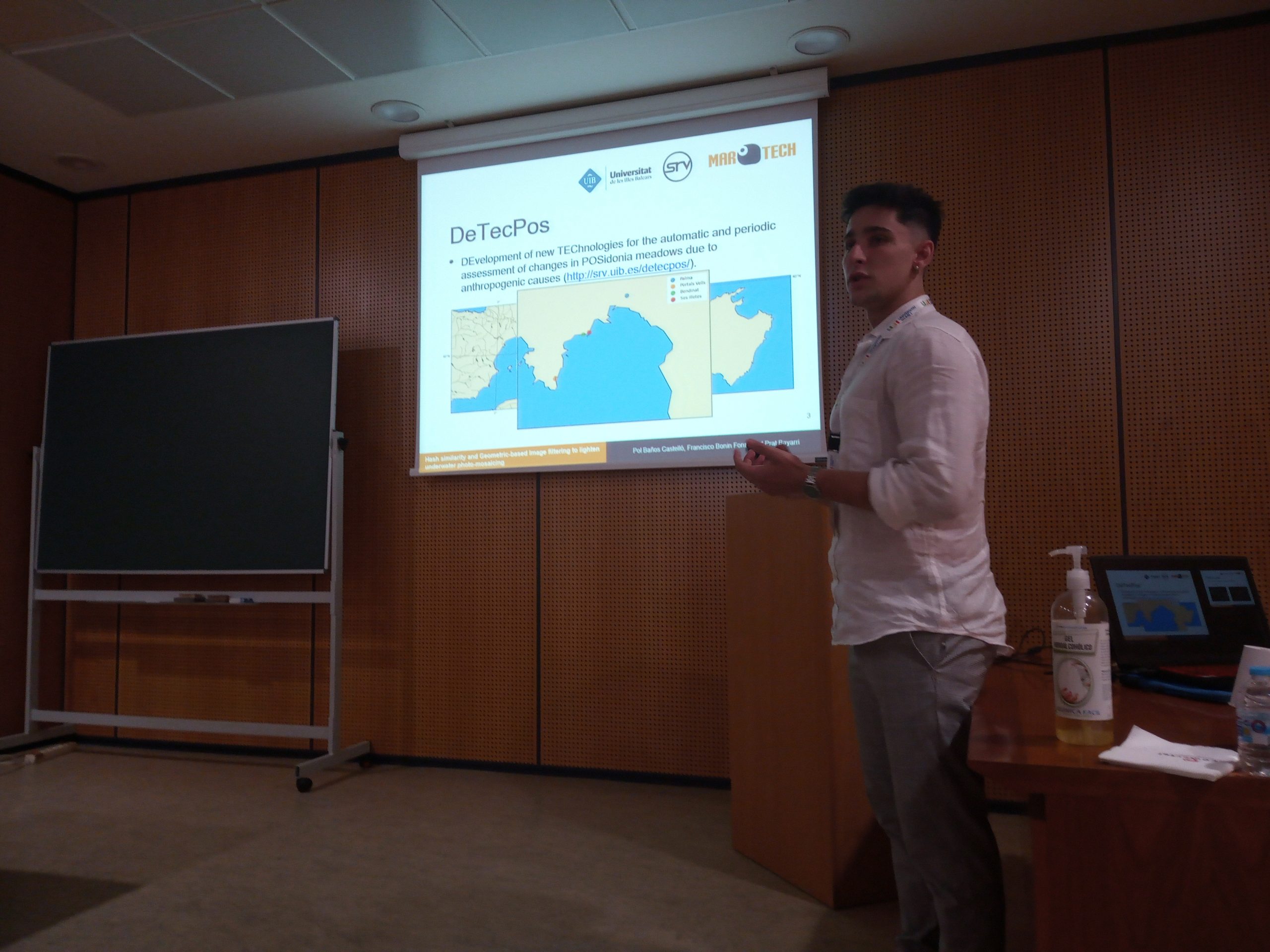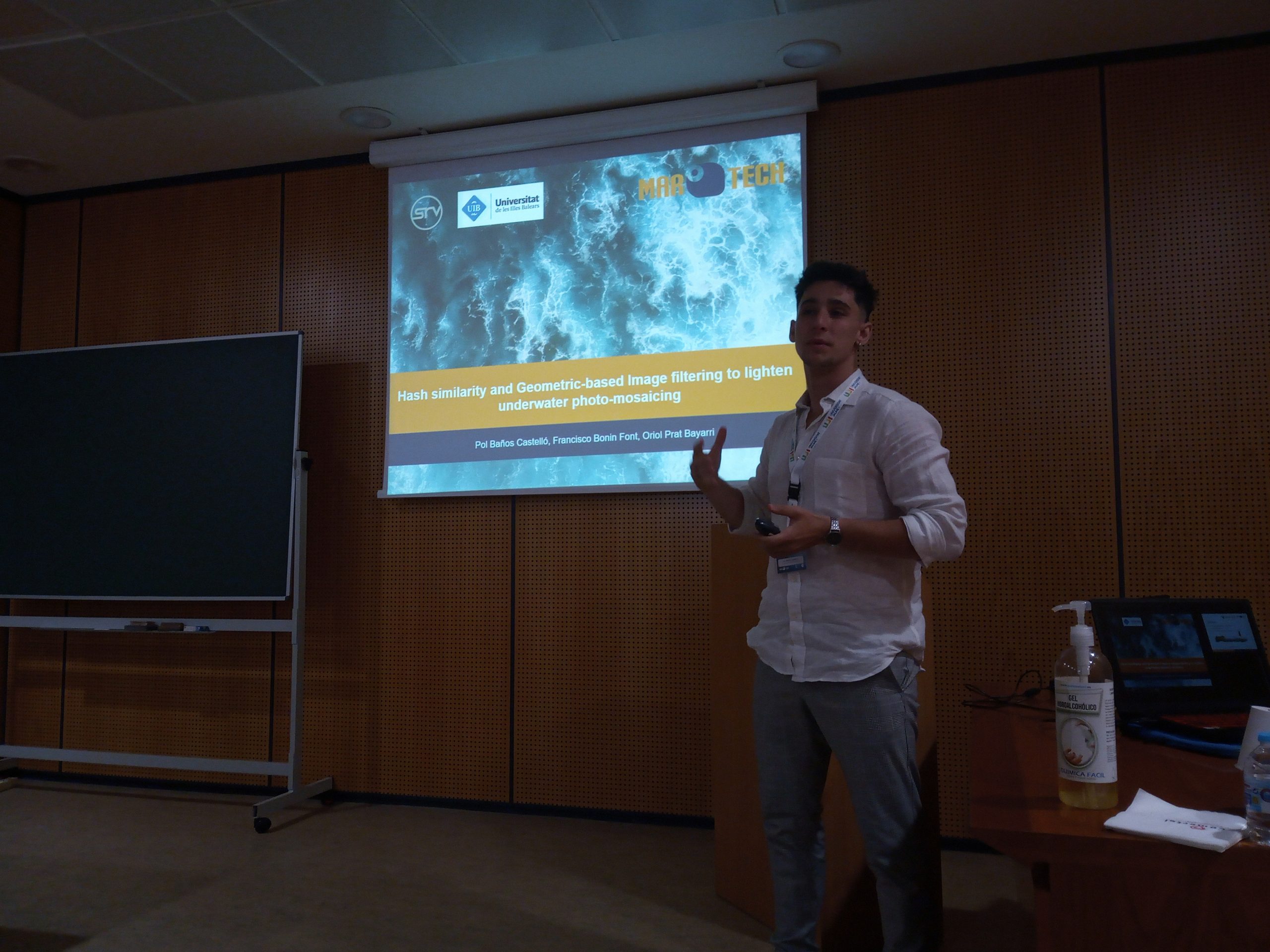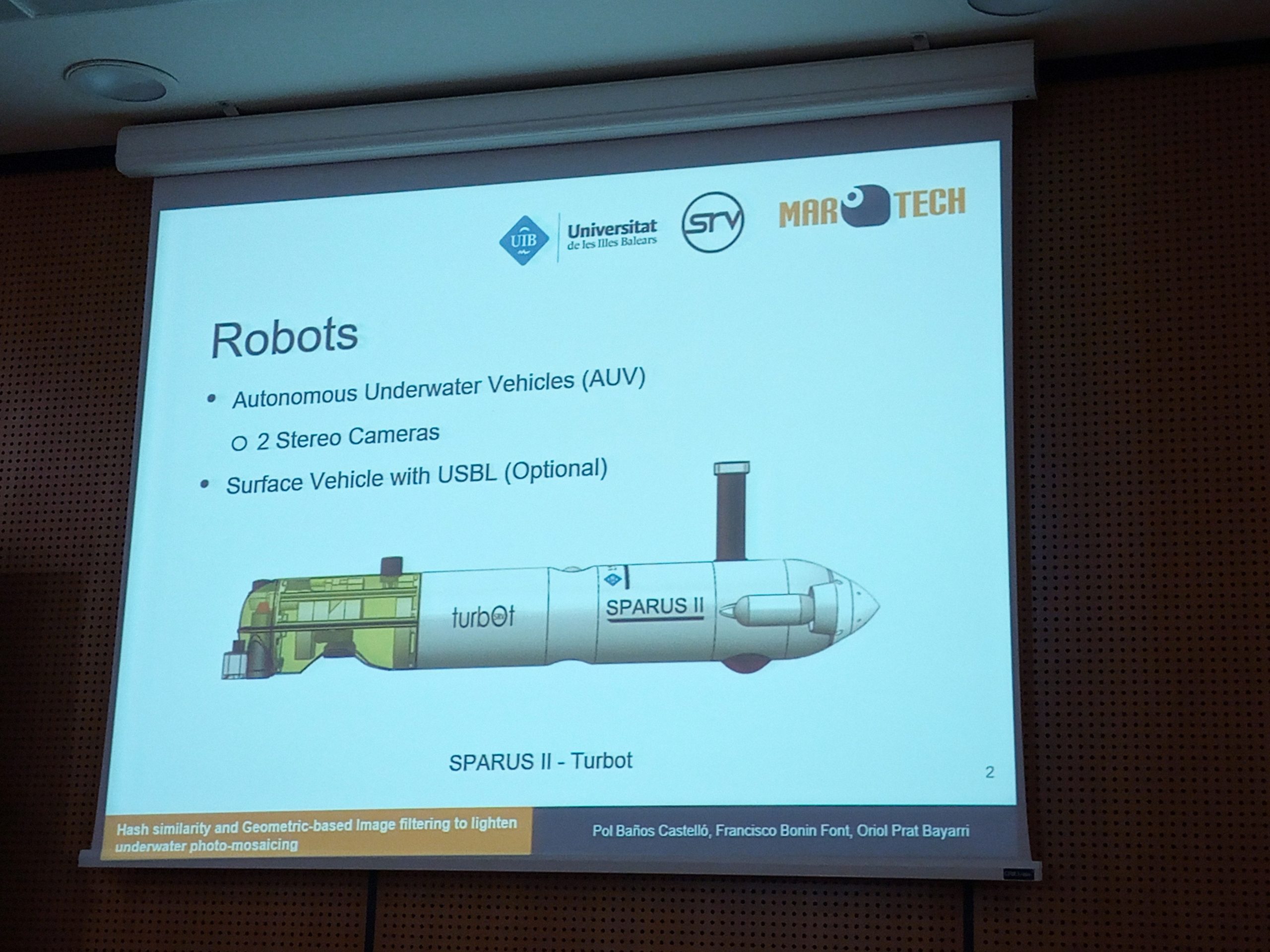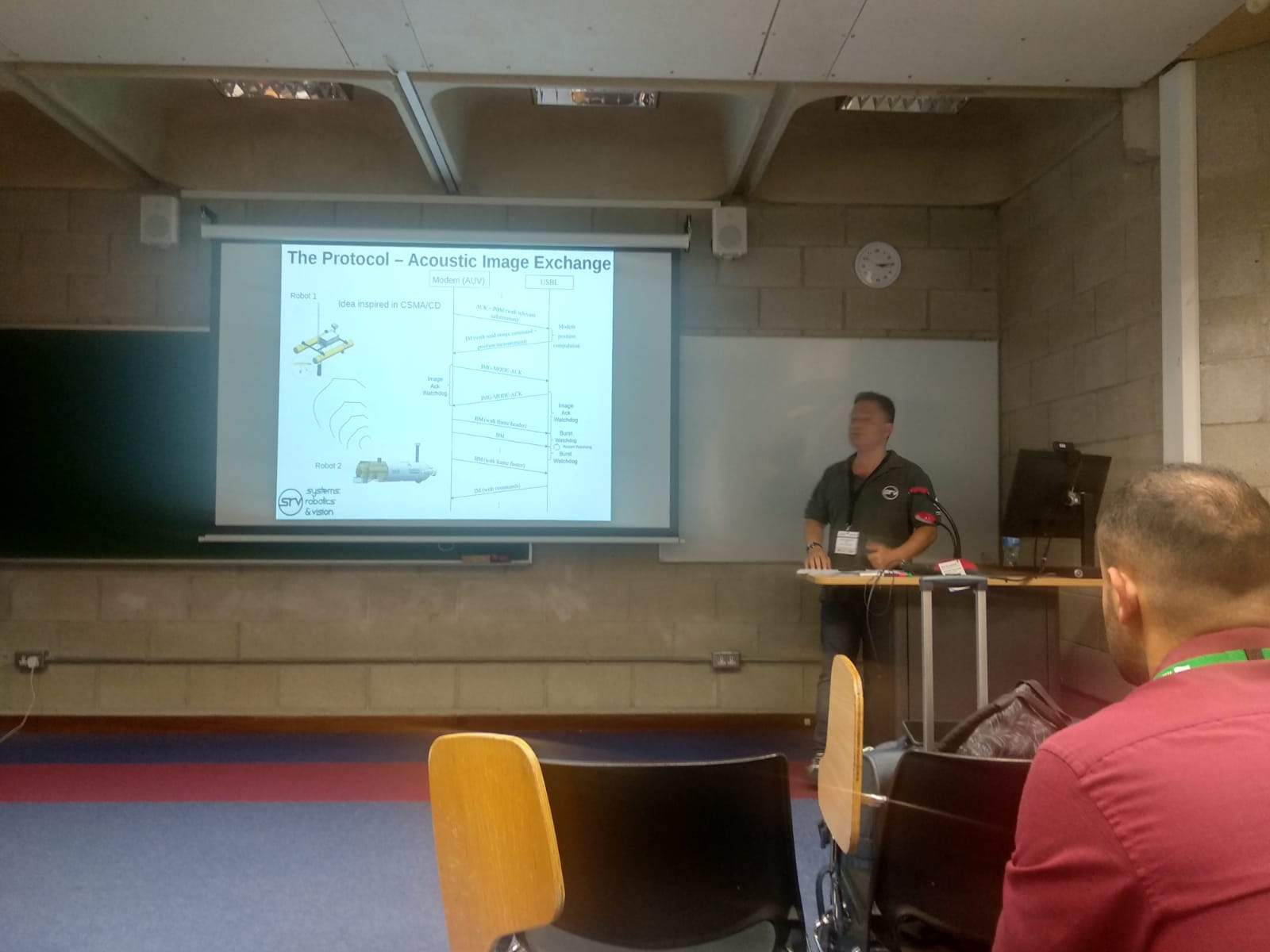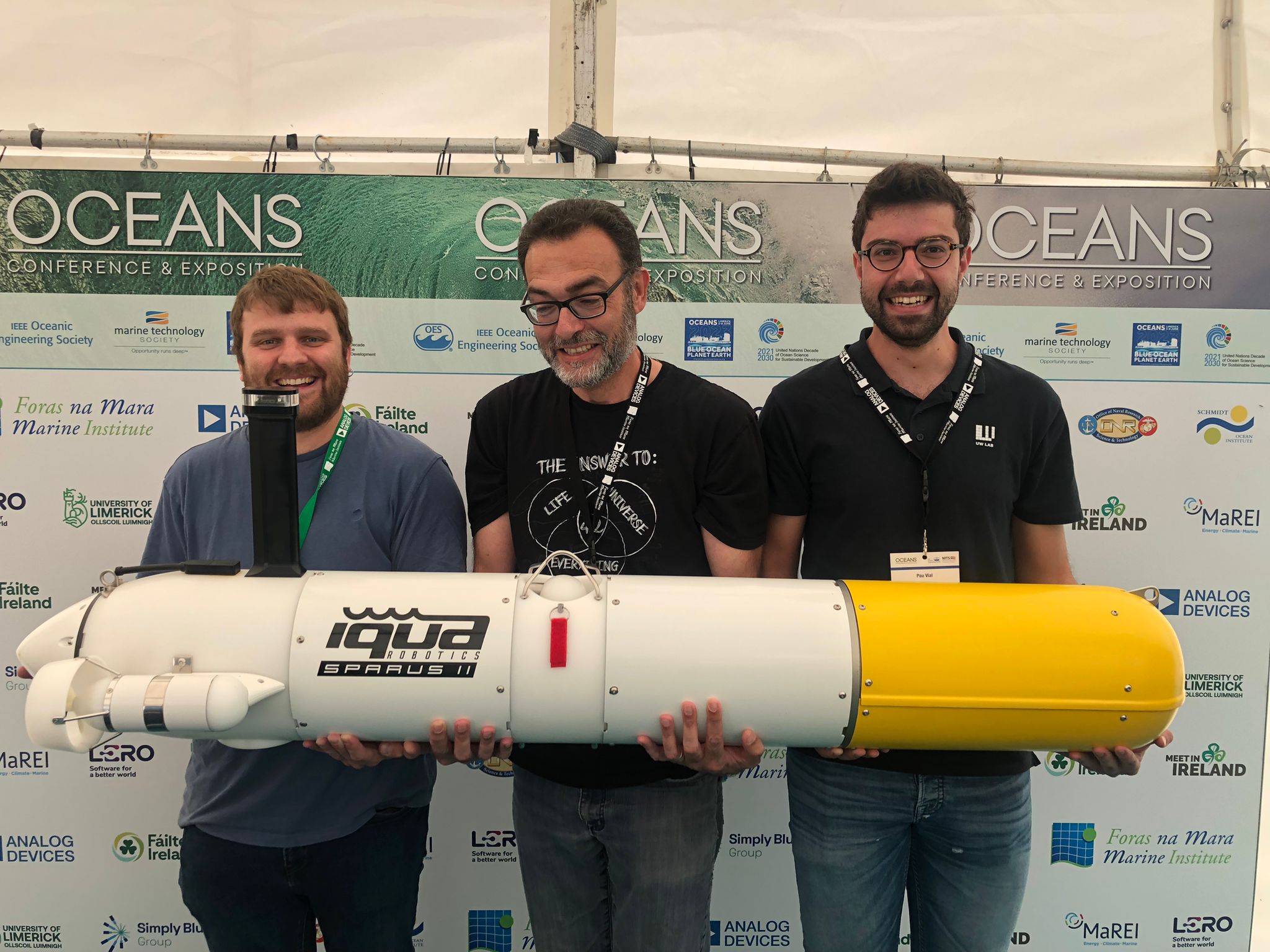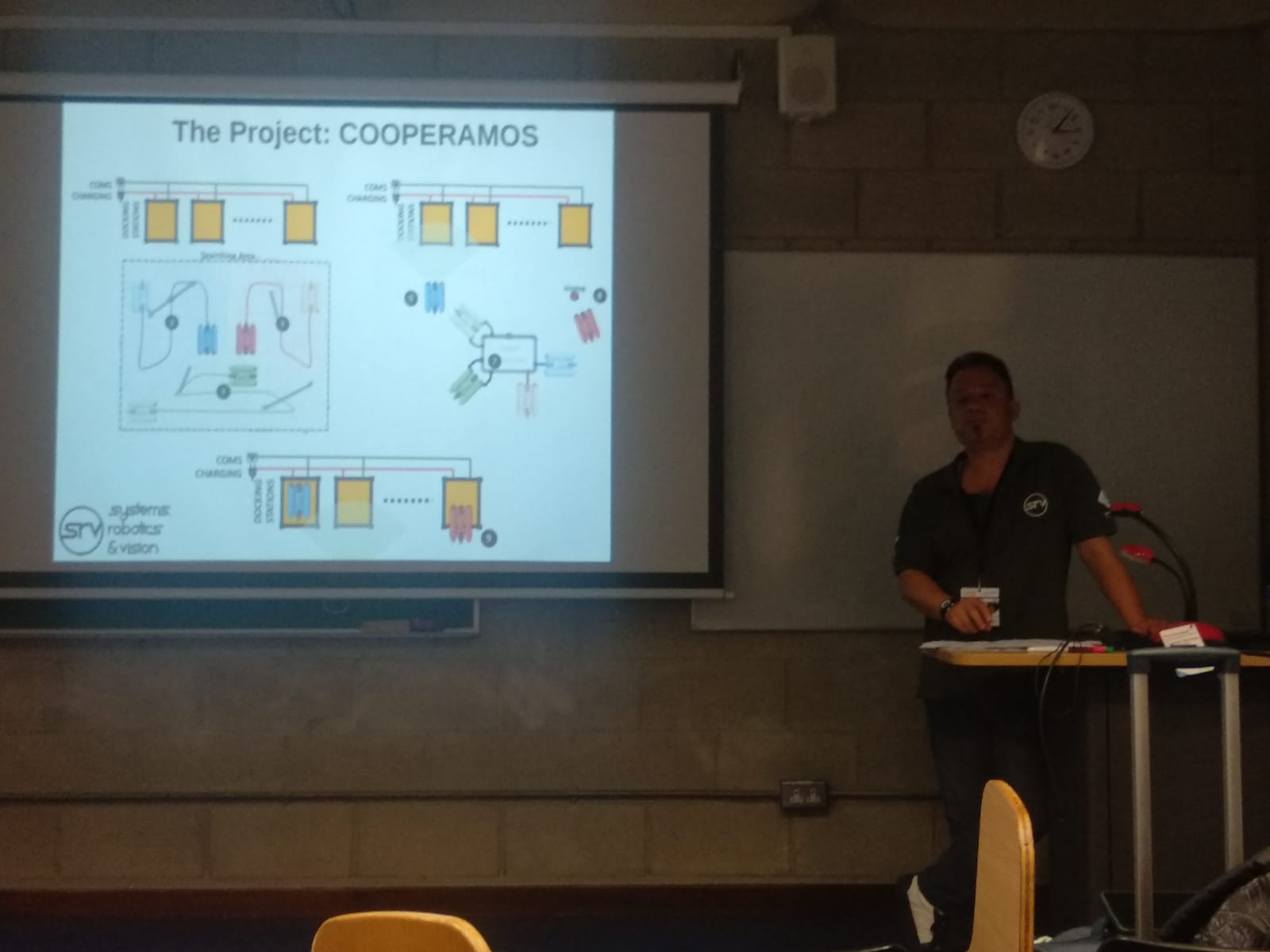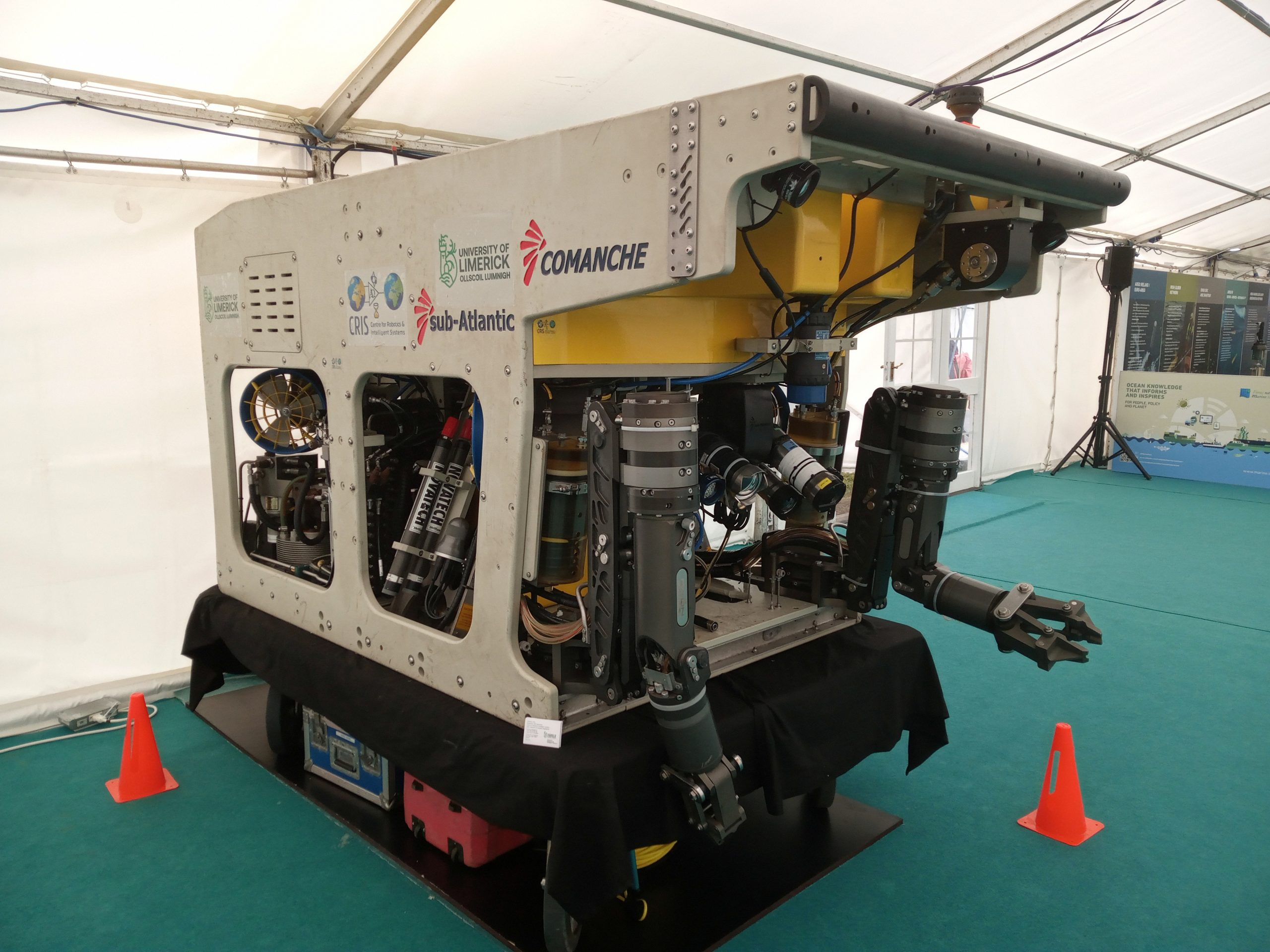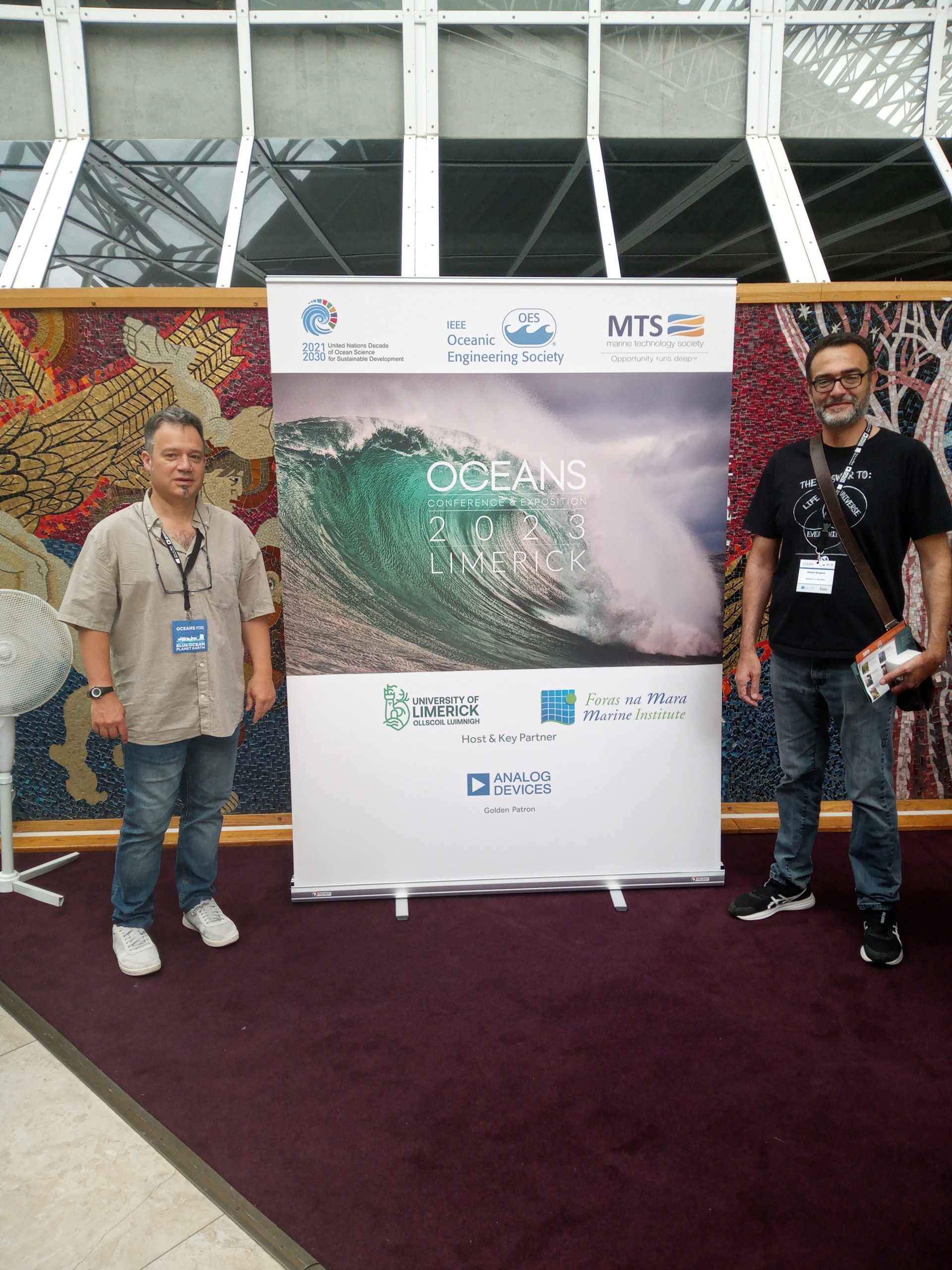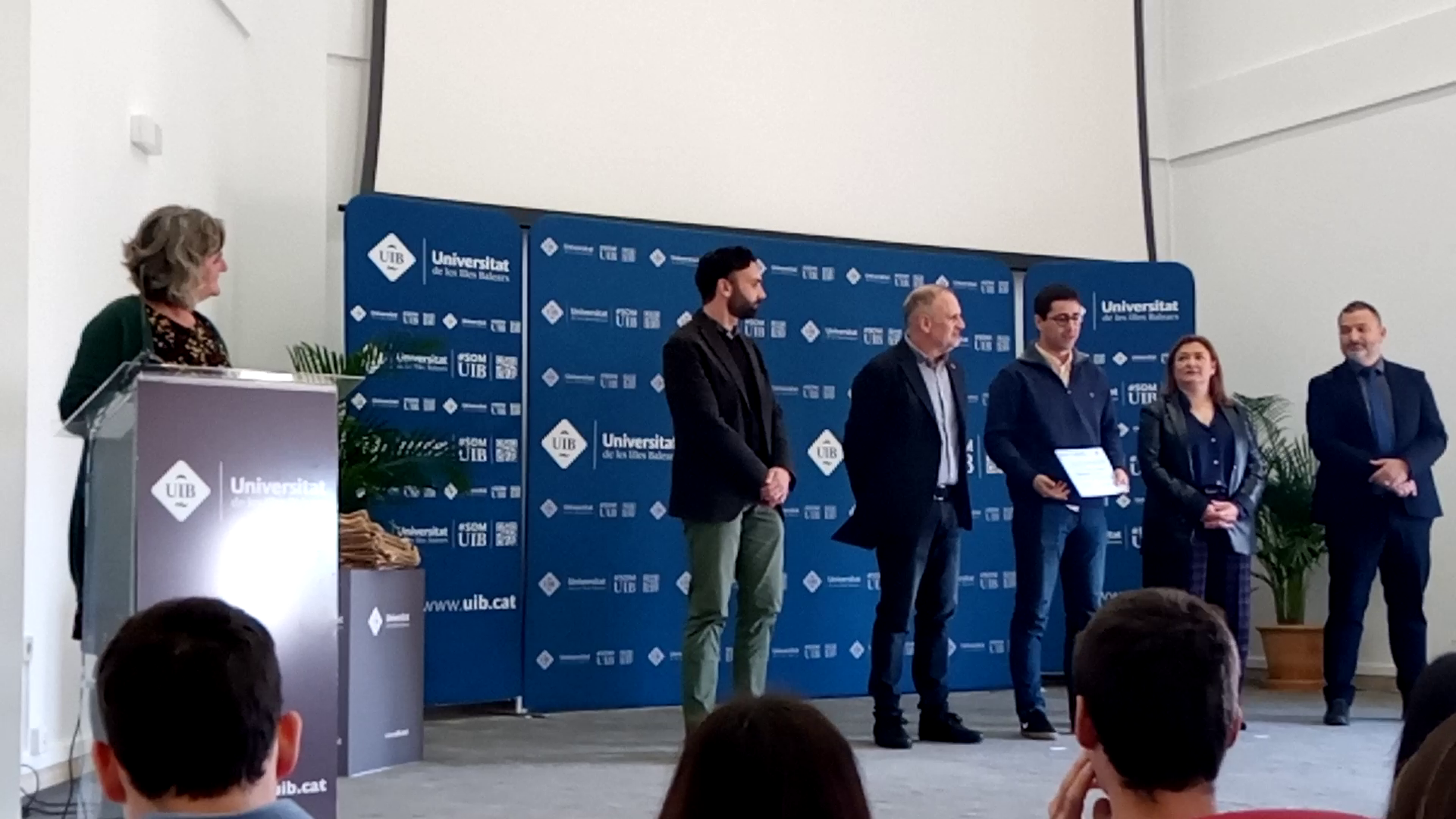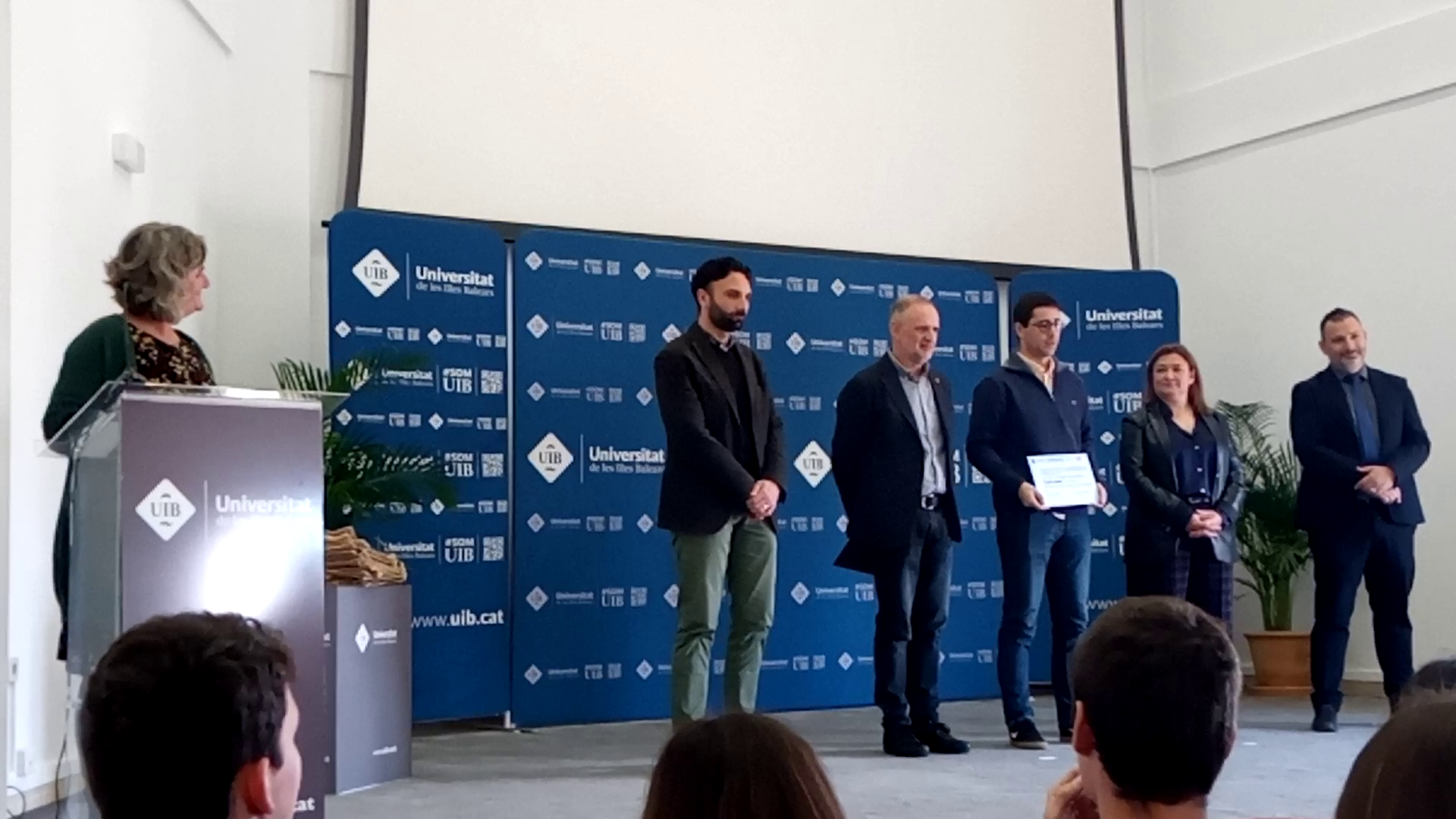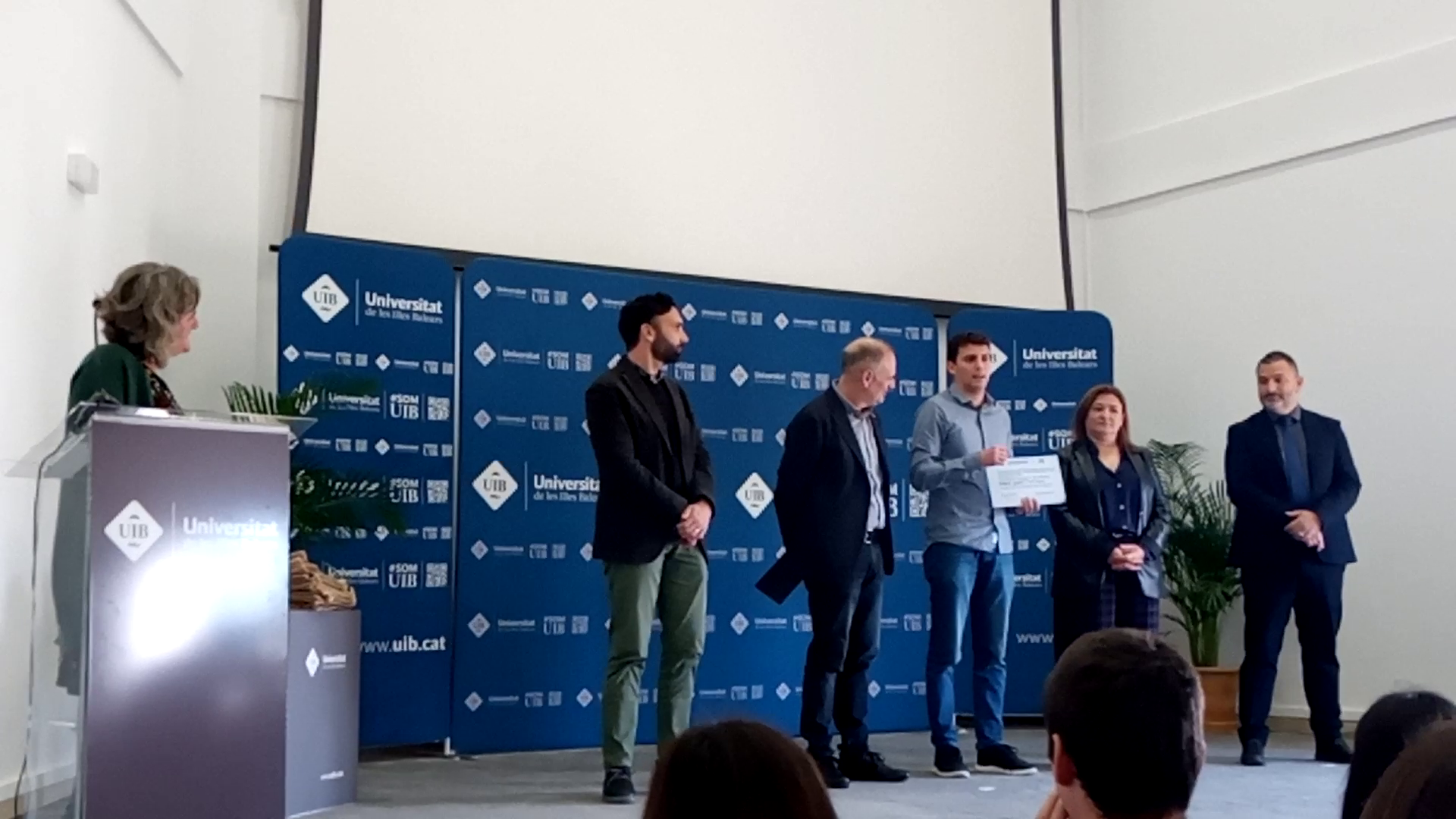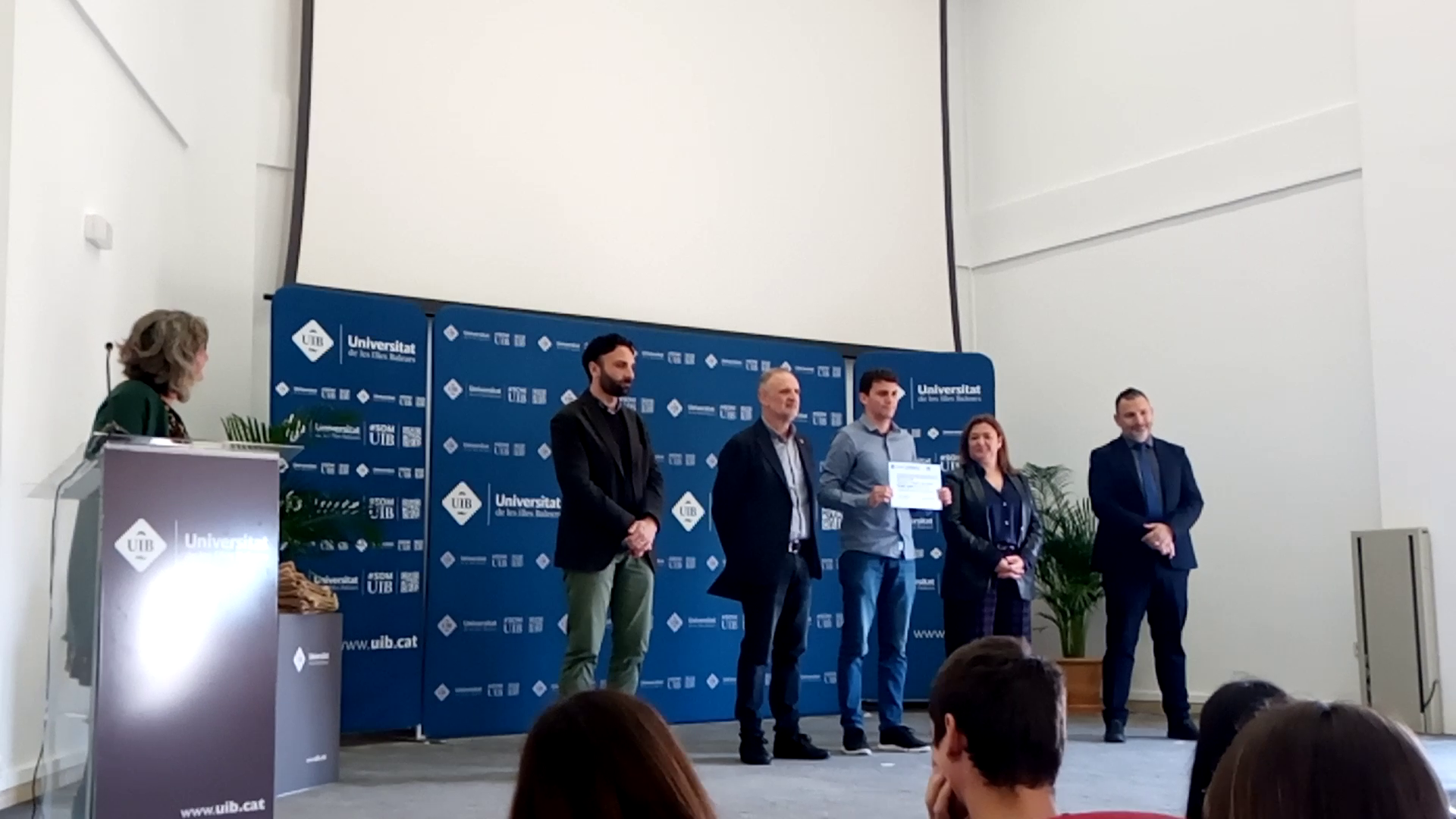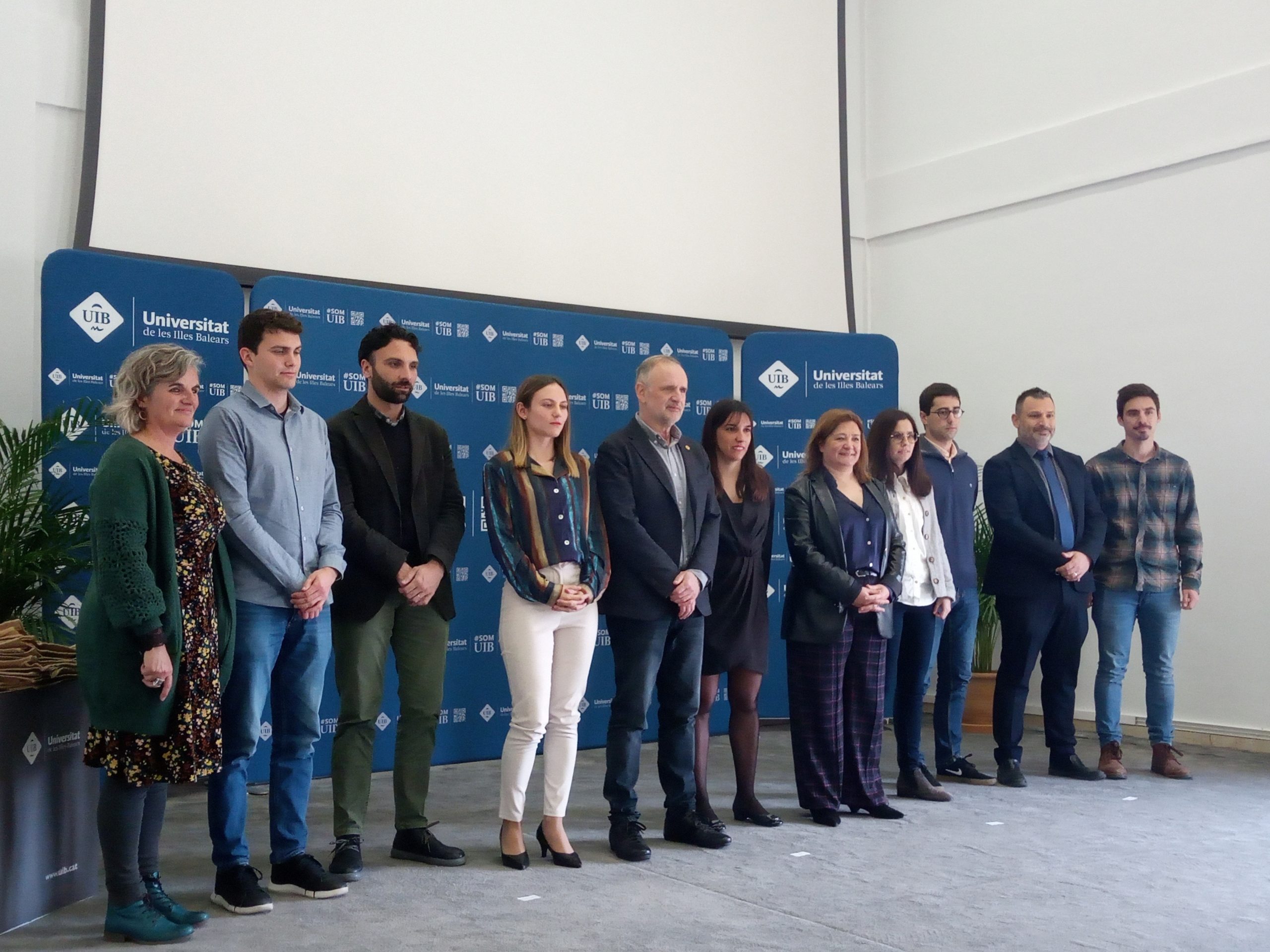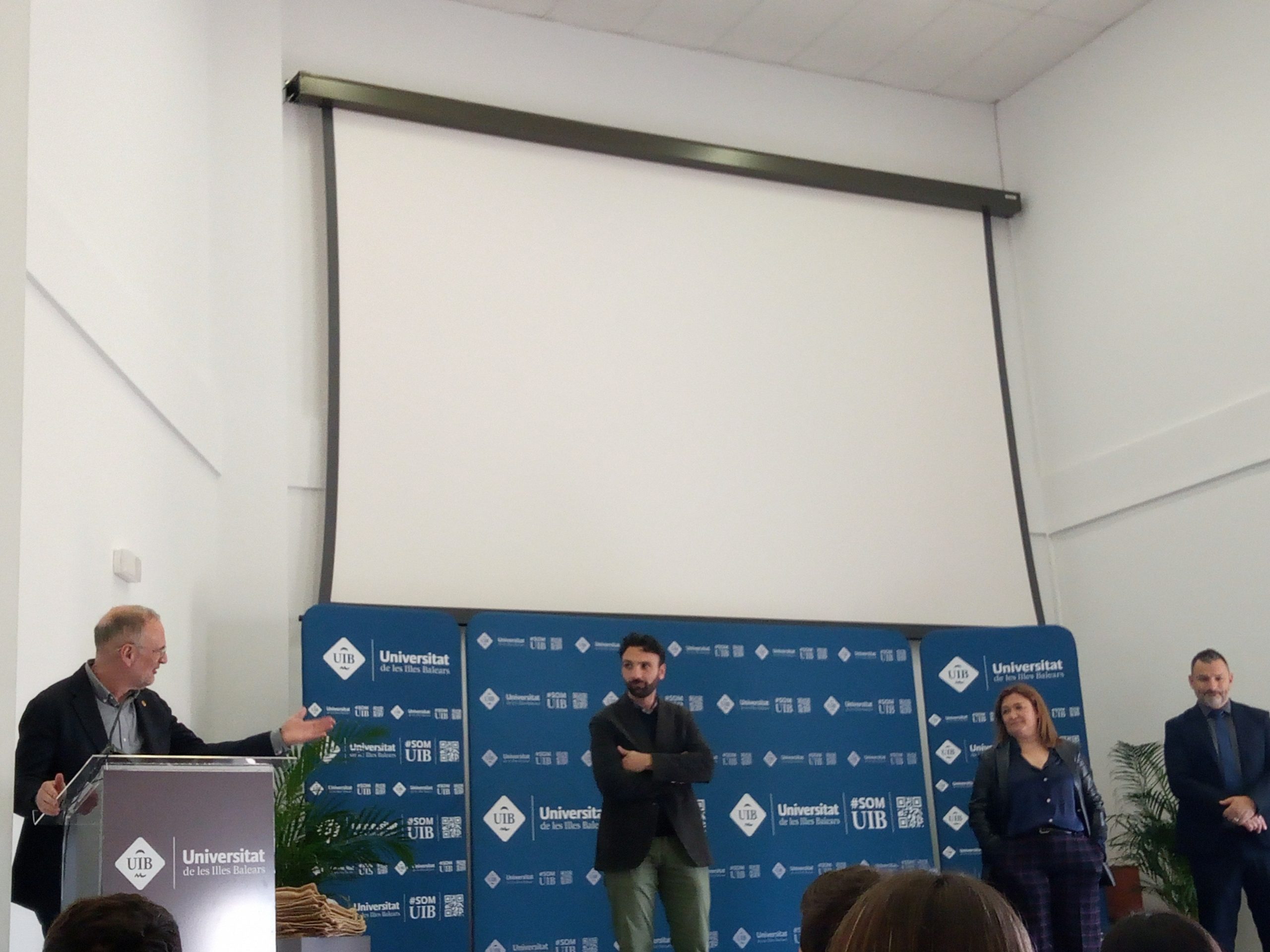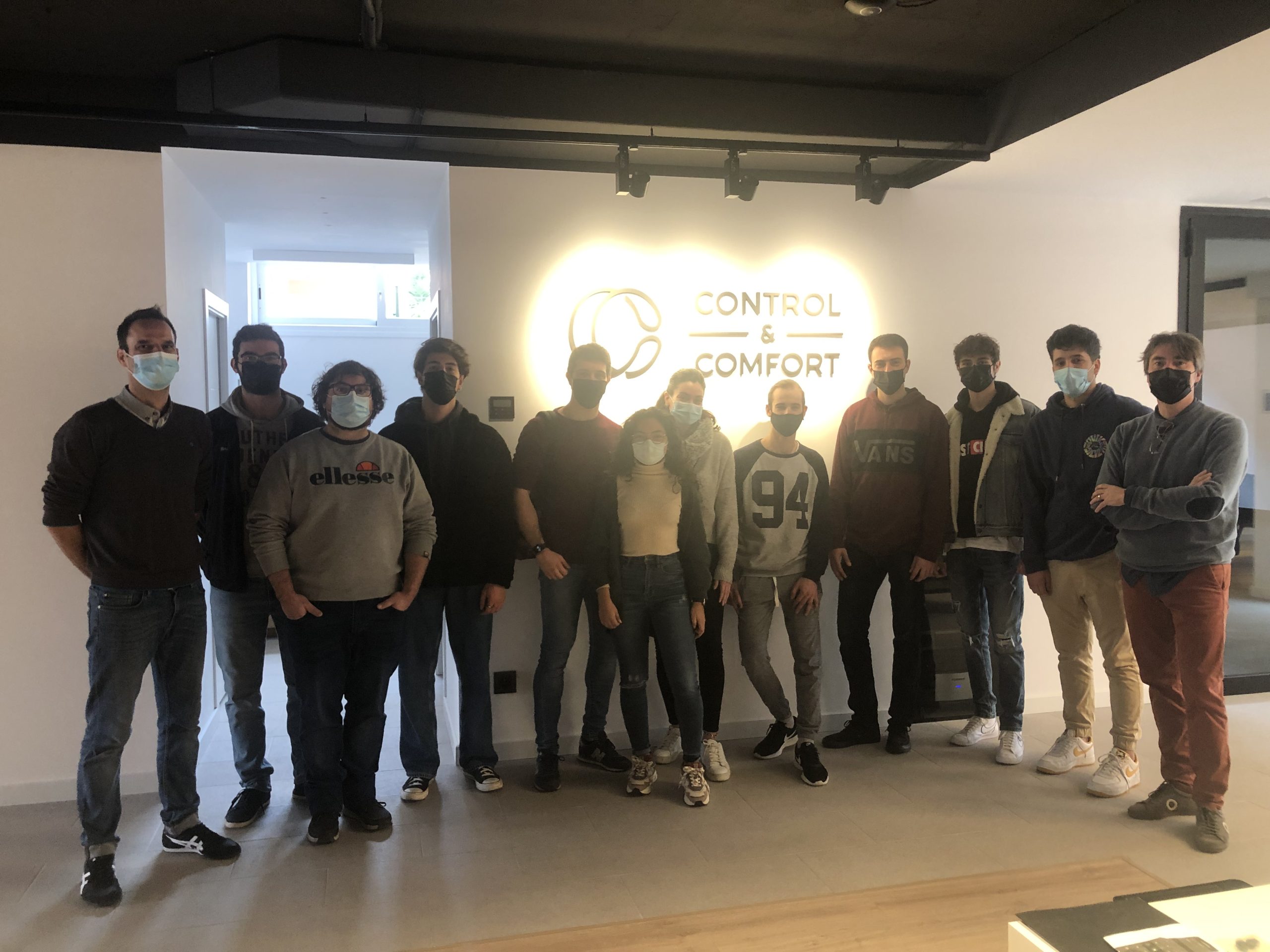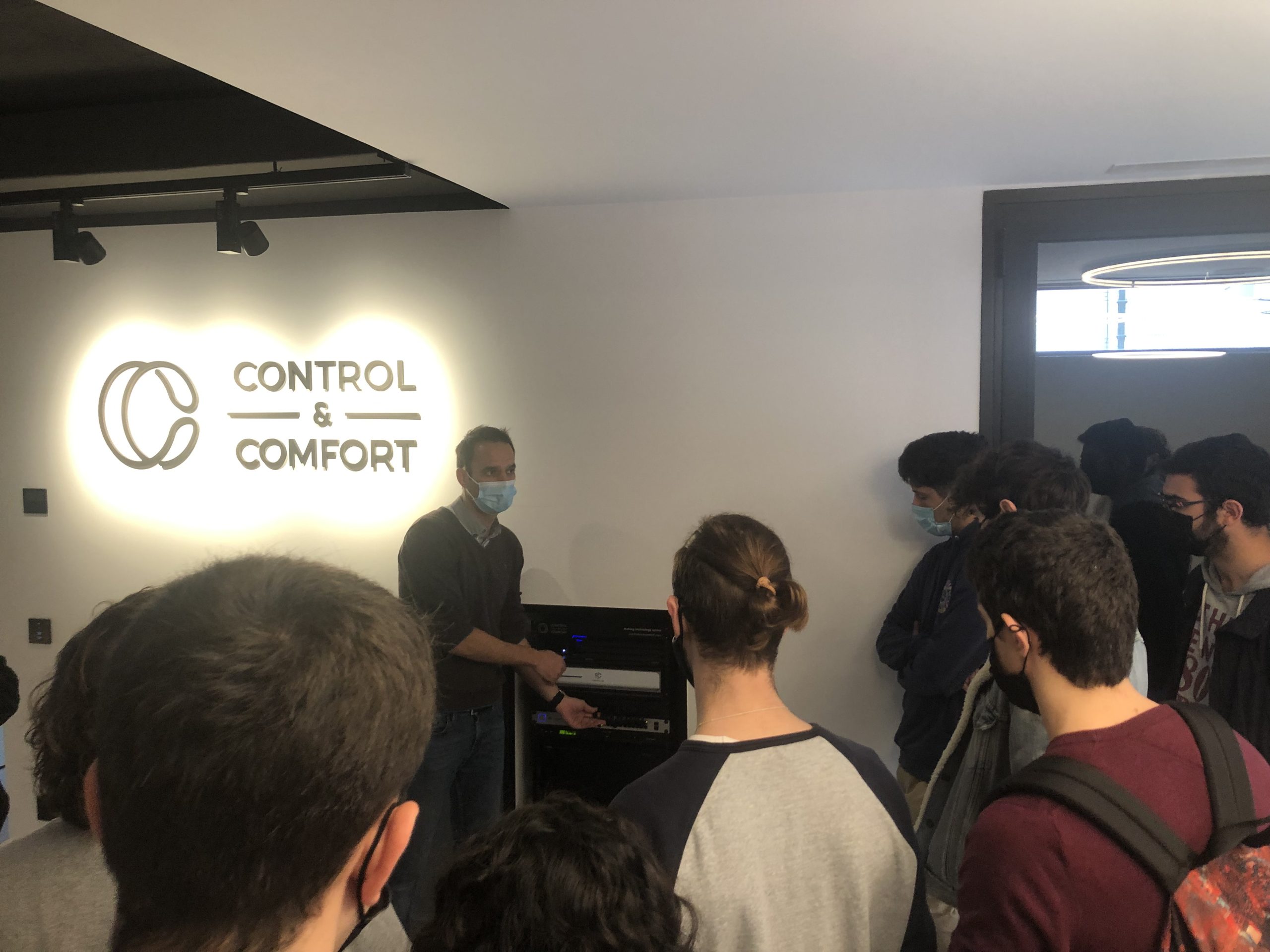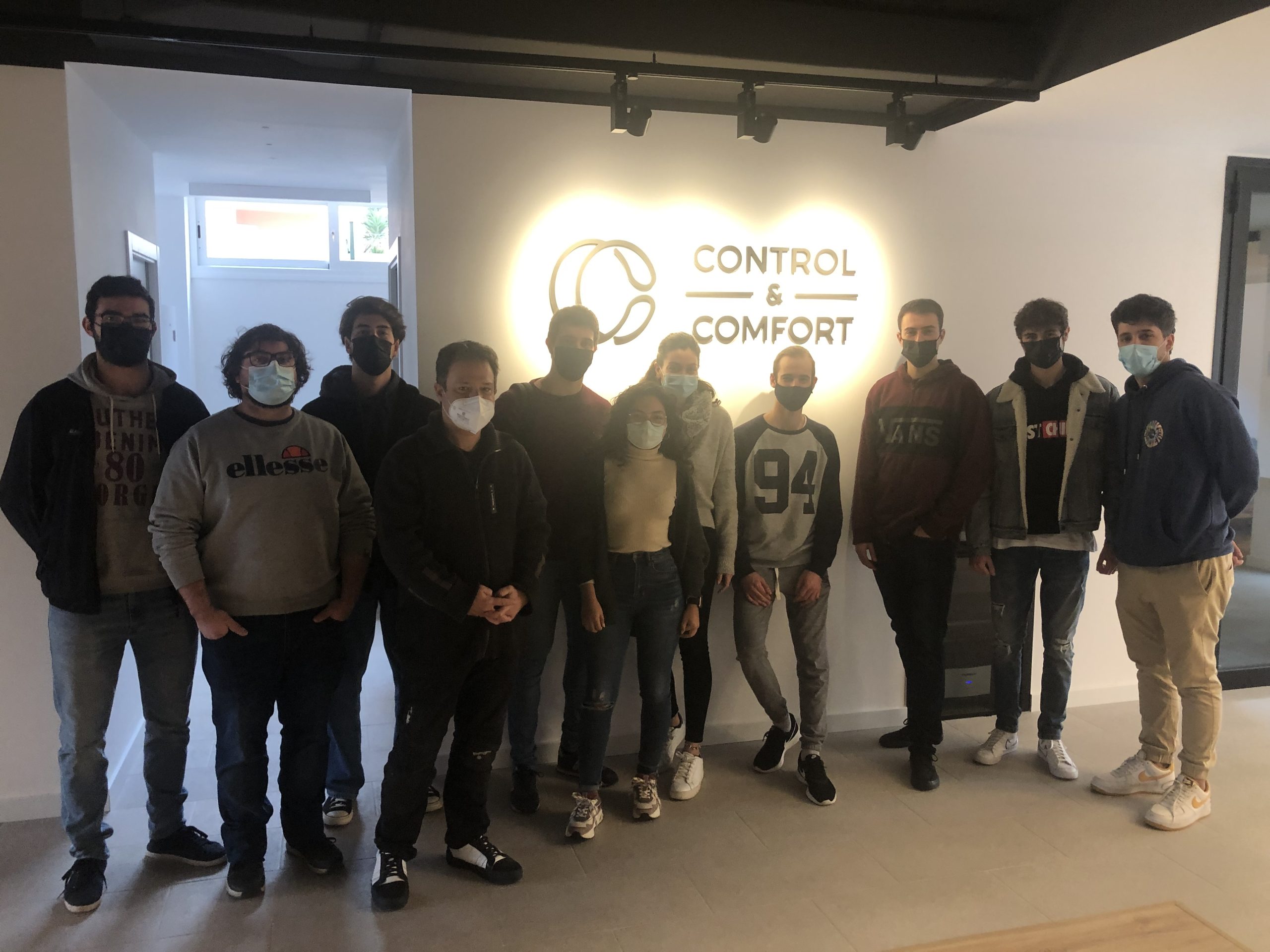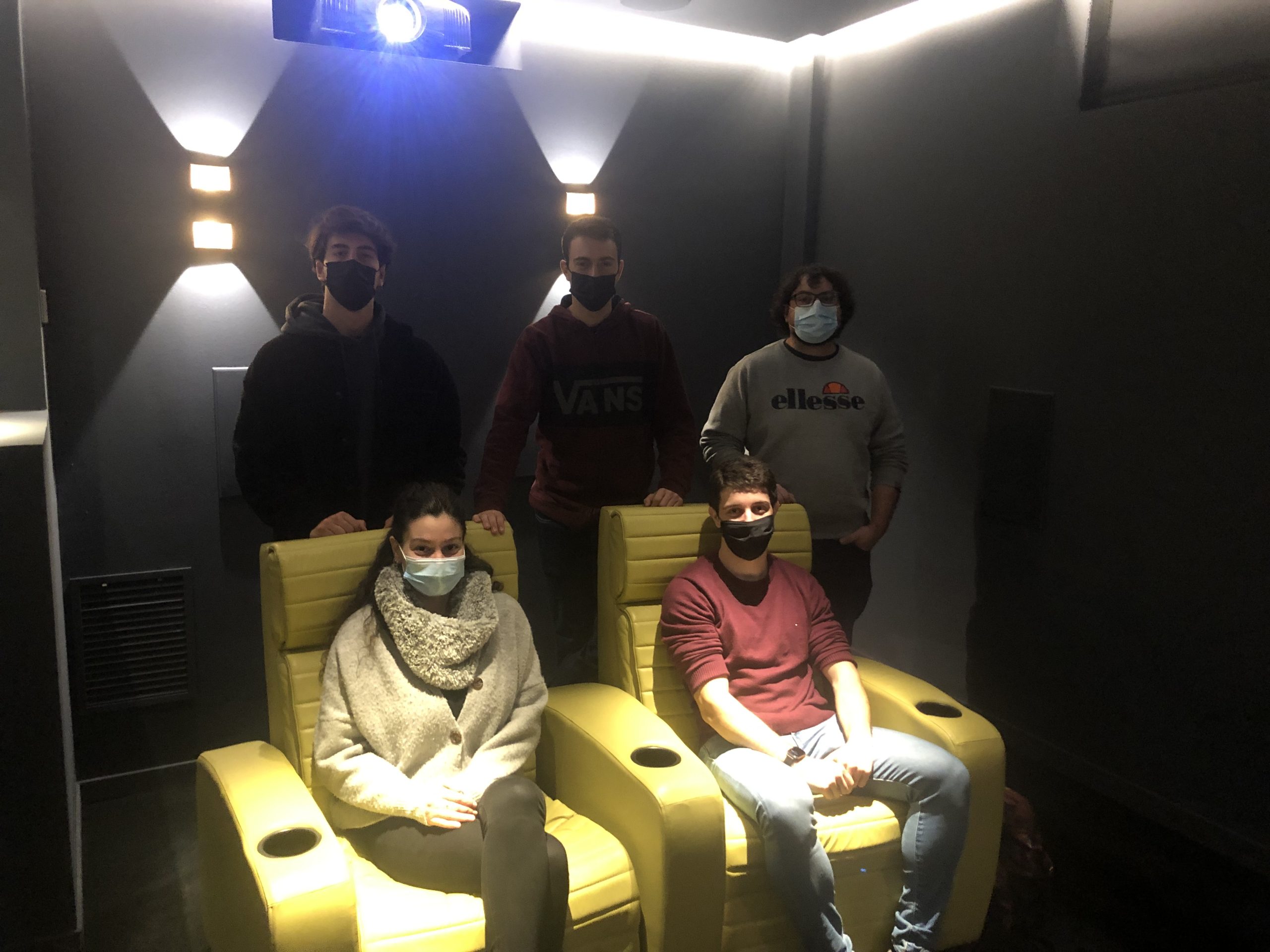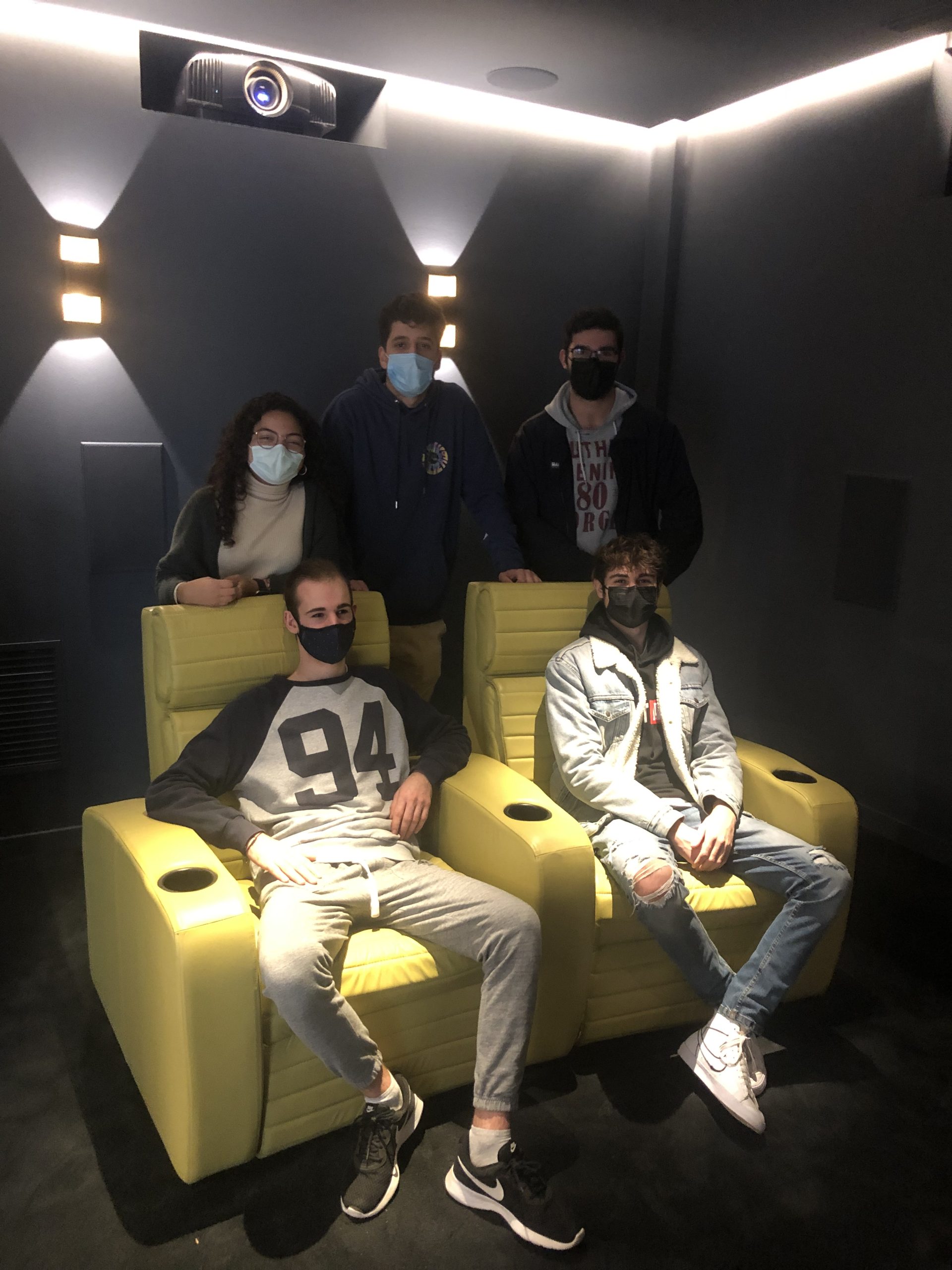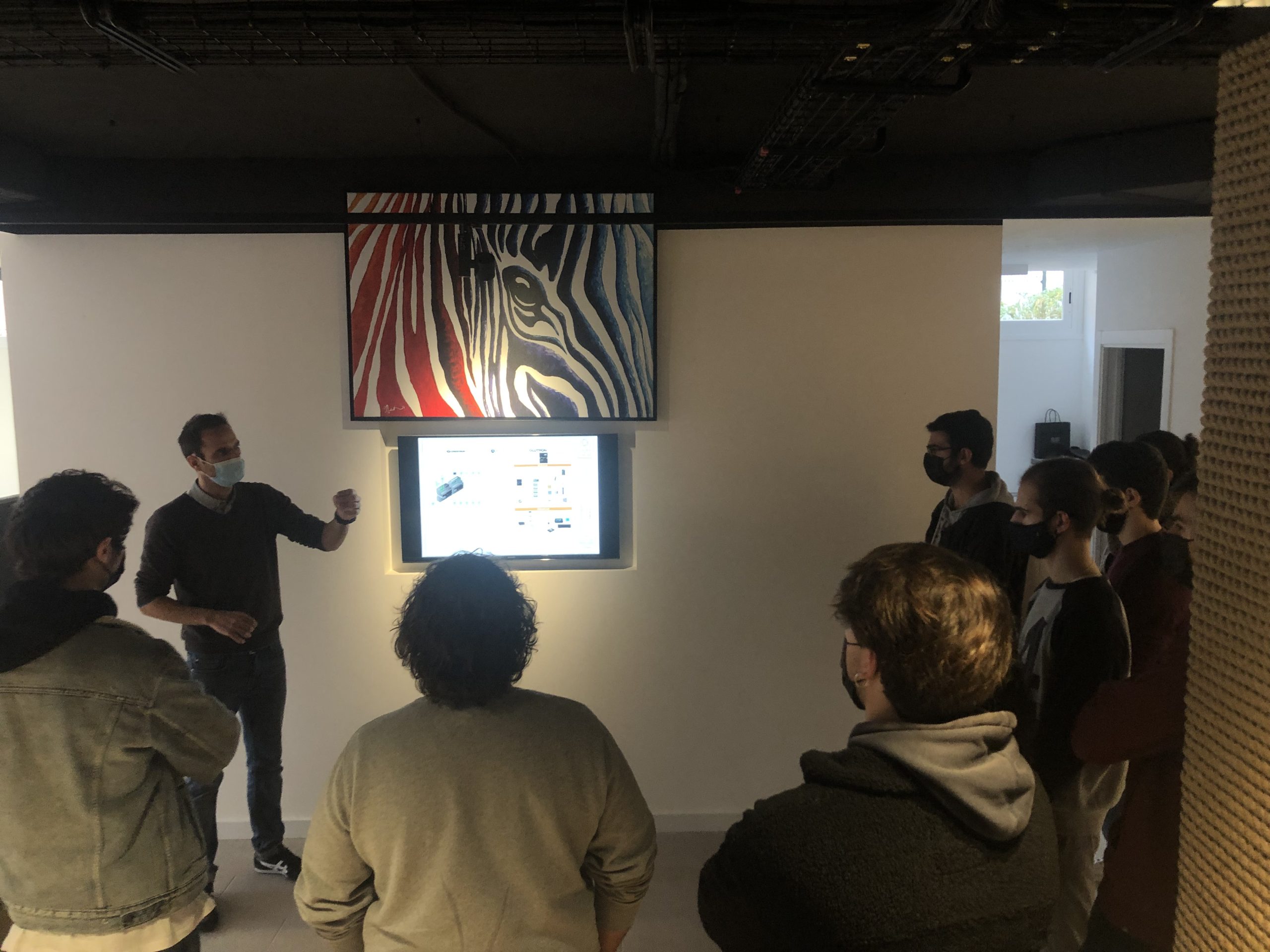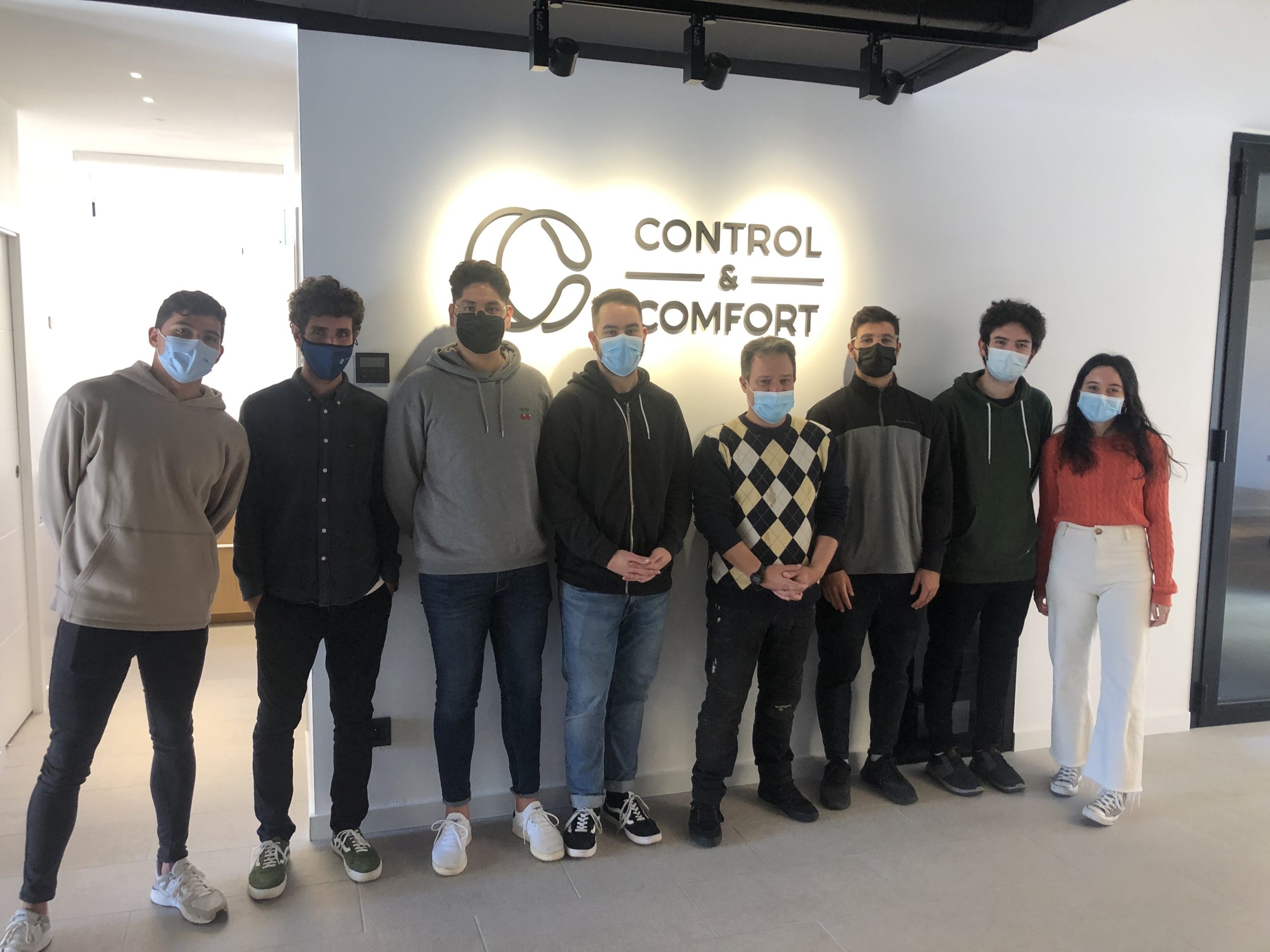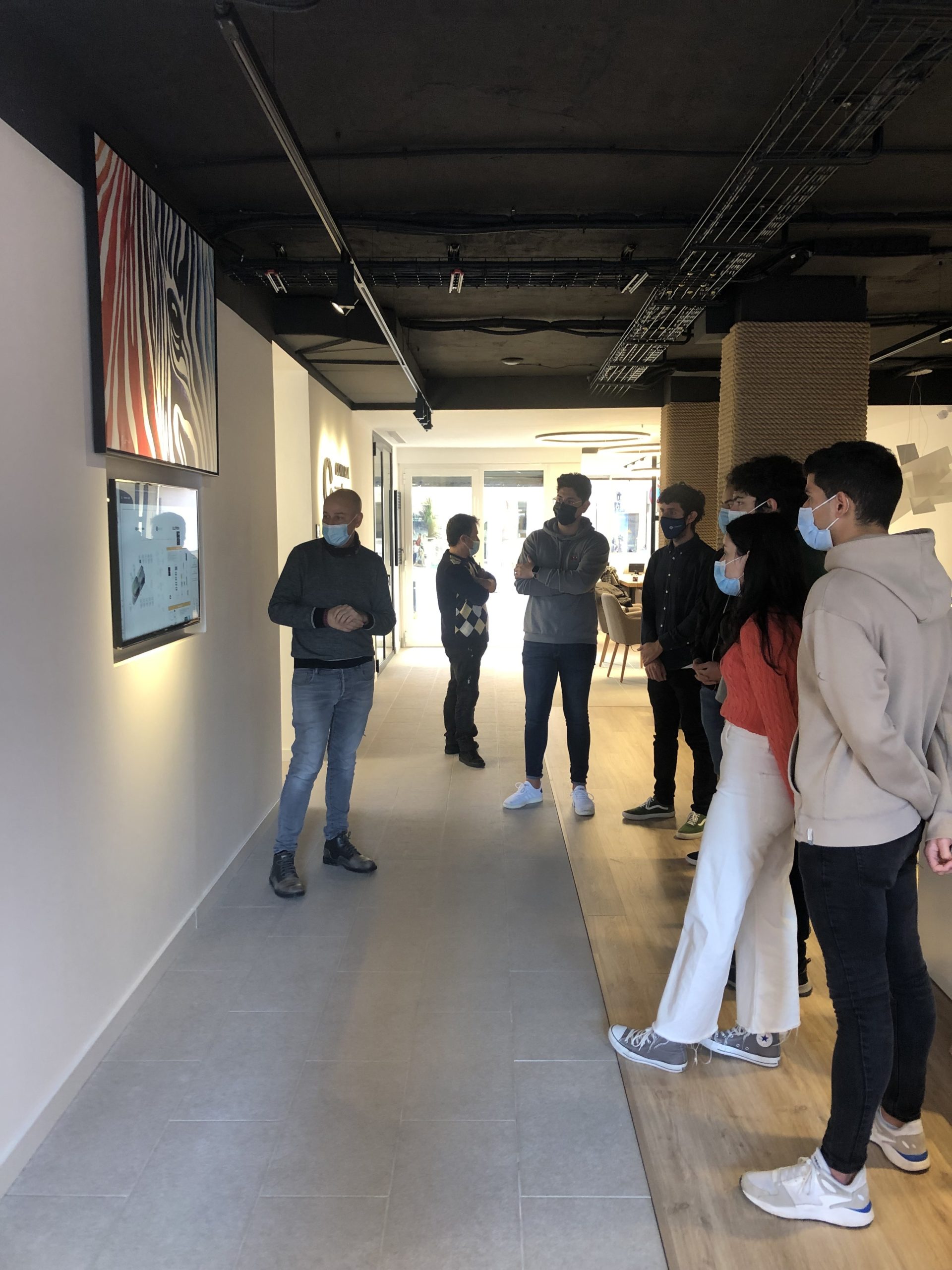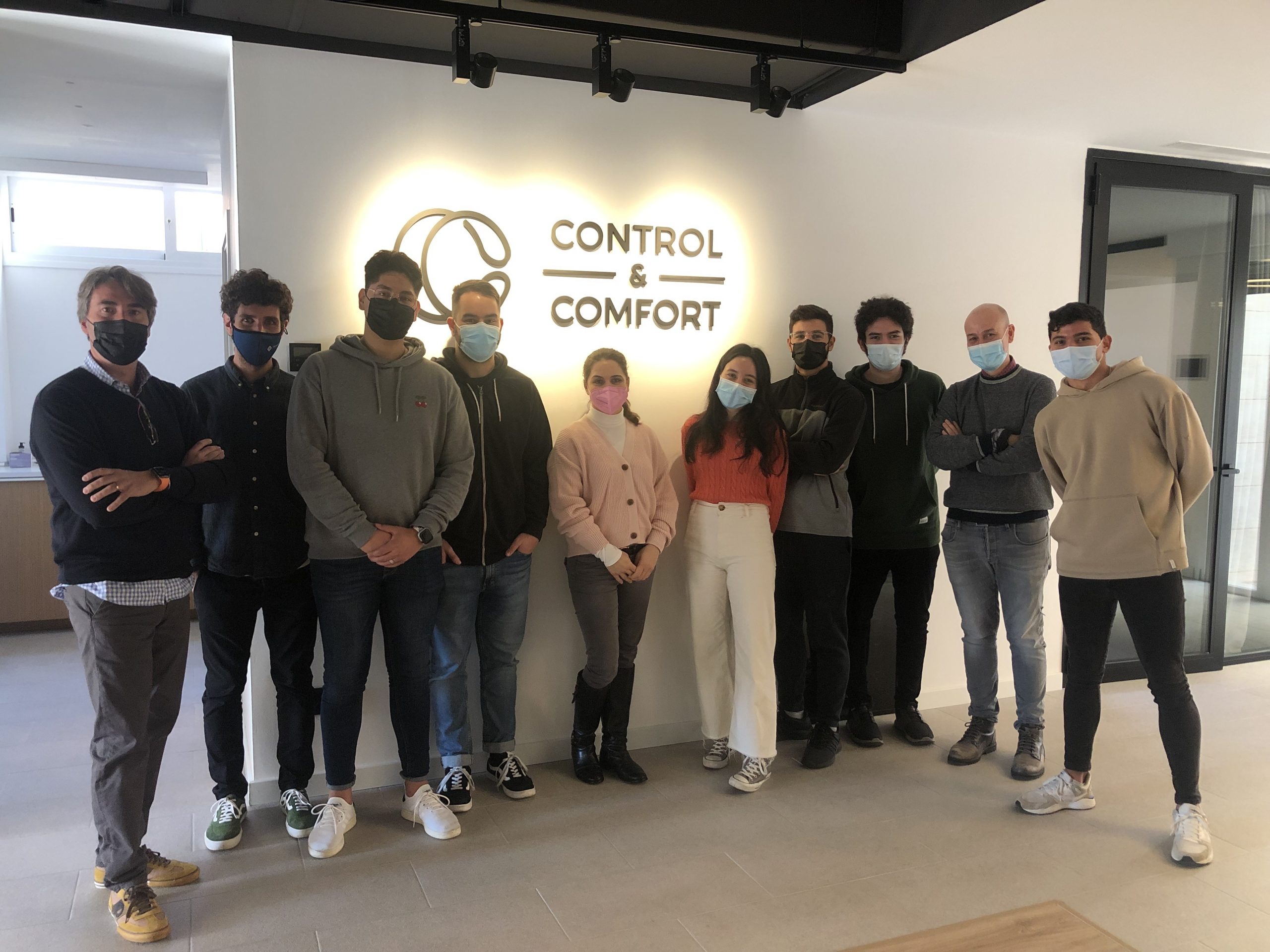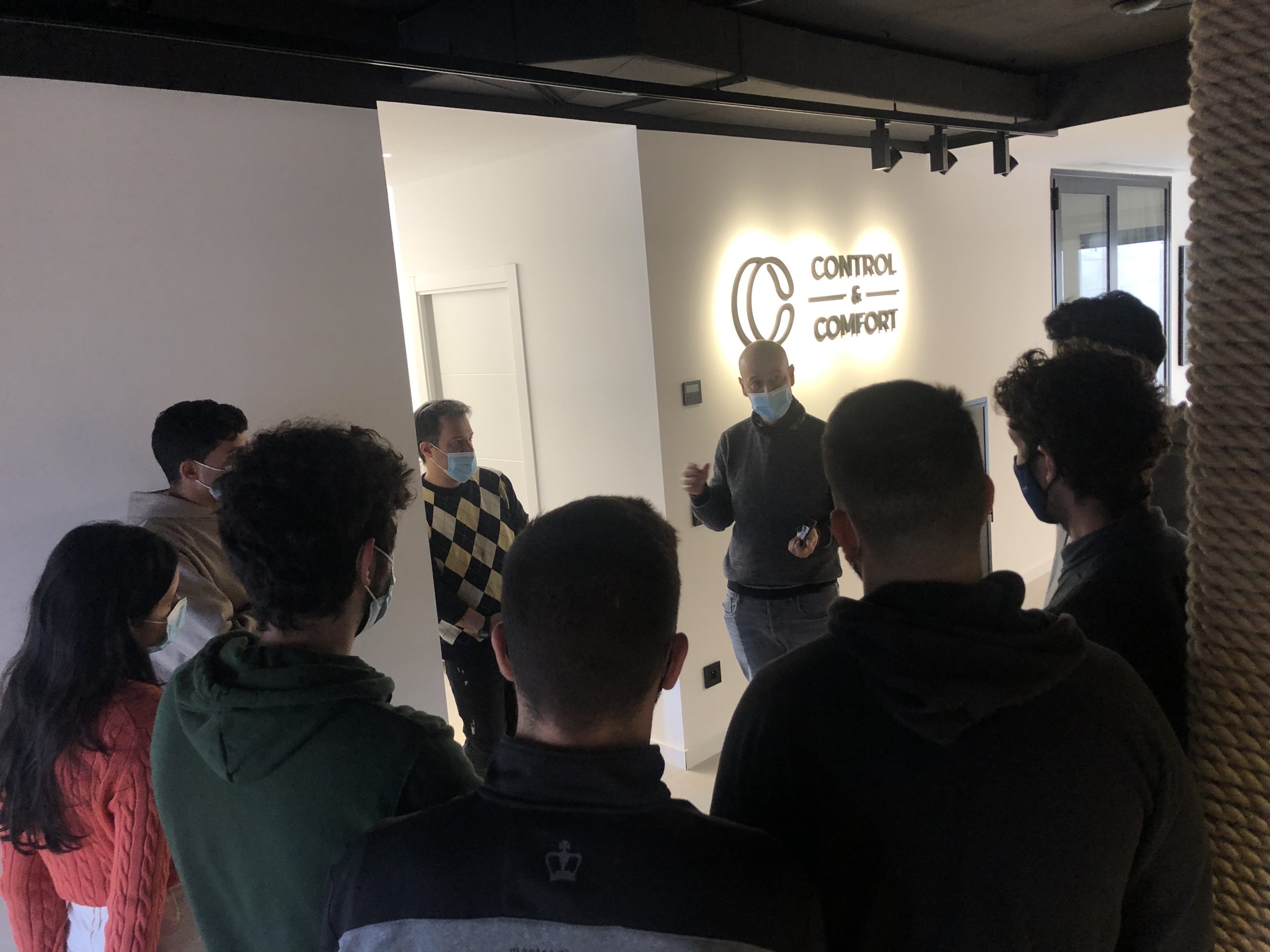Author: Inés Álvarez Vadillo
Supervisors: Julián Proenza Arenas and Manuel Alejandro Barranco González
Date: 2nd December 2021
Inés Álvarez Vadillo successfully presented her Ph.D. thesis at the University of the Balearic Islands.
Abstract:
In the last years several novel industrial applications have emerged, such as Industry 4.0, autonomous driving or intelligent energy distribution. On top of the intrinsic characteristics of traditional industrial applications, i.e. real-time constraints and increased dependability; these novel applications exhibit new requirements such as adaptivity, high interconnectivity or integration of services with different operation requirements over a single infrastructure.
Because of their nature, the systems that support these applications are distributed, which means that the communication subsystem is fundamental to guarantee the proper operation of the overall system. Nonetheless, currently there is not a standardised communication protocol capable of fulfilling all the needs of the communication subsystems of these novel applications.
For this reason, the Time-Sensitive Networking (TSN) Task Group has been working on proposing a series of technical standards to provide Ethernet with hard real-time guarantees, on-line management of the traffic and fault tolerance mechanisms to increase reliability.
Specifically, TSN proposes using space redundancy to increase the reliability of Ethernet networks, which consists in transmitting each frame in parallel through several physical paths. Nevertheless, using space redundancy to tolerate temporary faults is not a cost-effective solution. For this reason, in this dissertation, we propose to use time redundancy to tolerate temporary faults in the links of TSN-based networks. Specifically, we present the Proactive Transmission of Replicated Frames mechanism, which consists in
transmitting several copies of each frame in a preventive manner to increase the chances of at least one copy reaching its intended destination even in the presence of temporary faults. This mechanism is specially tailored to the specific characteristics of TSN.
In this dissertation we show that we can increase the reliability of TSN-based networks using PTRF to provide proactive time redundancy to tolerate temporary faults in the links, while keeping the characteristics that make TSN an appealing technology for the communication subsystem of the aforementioned applications.

